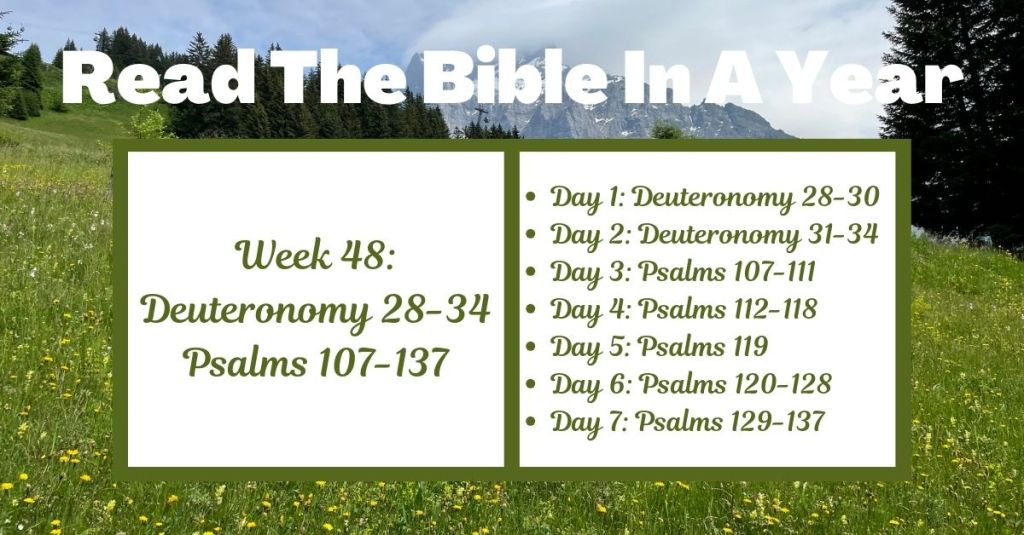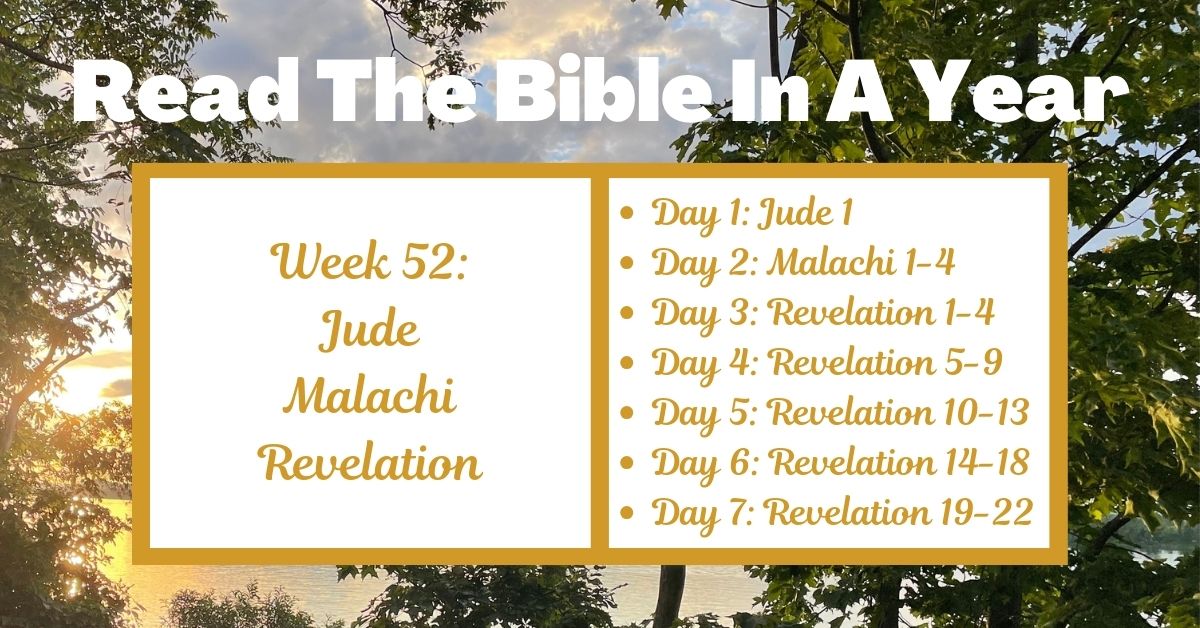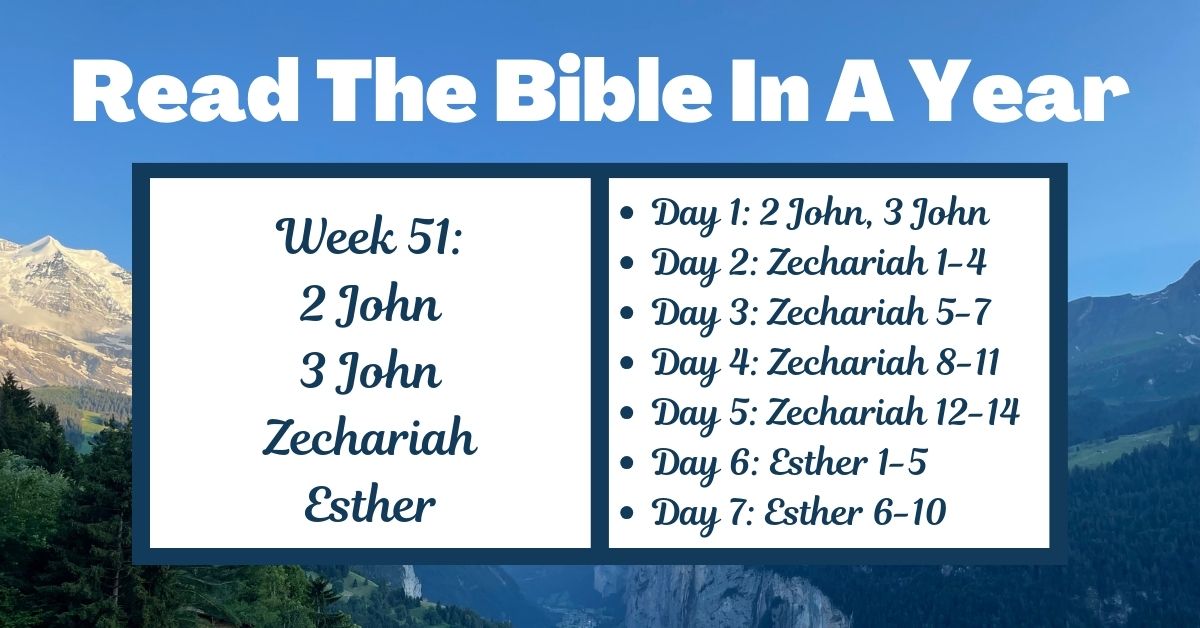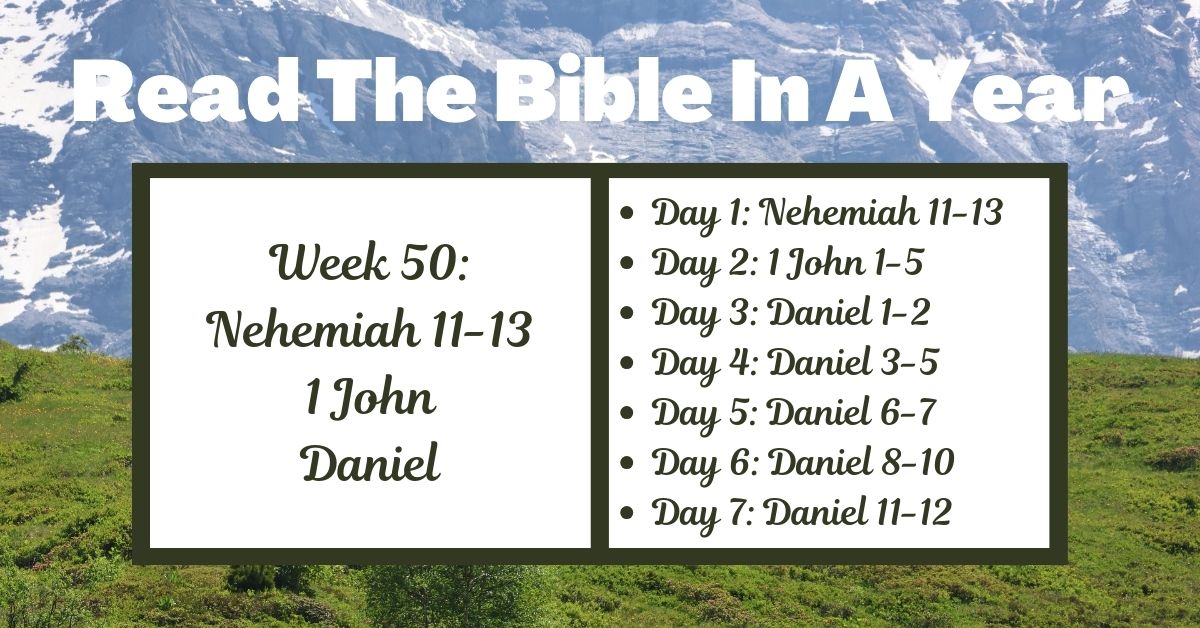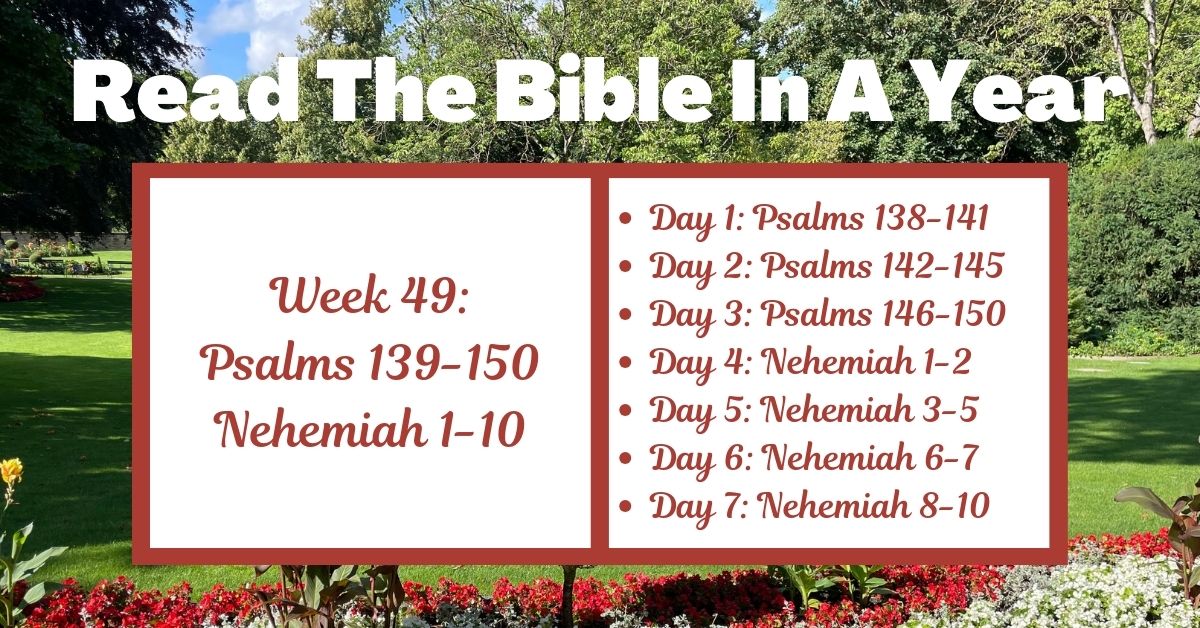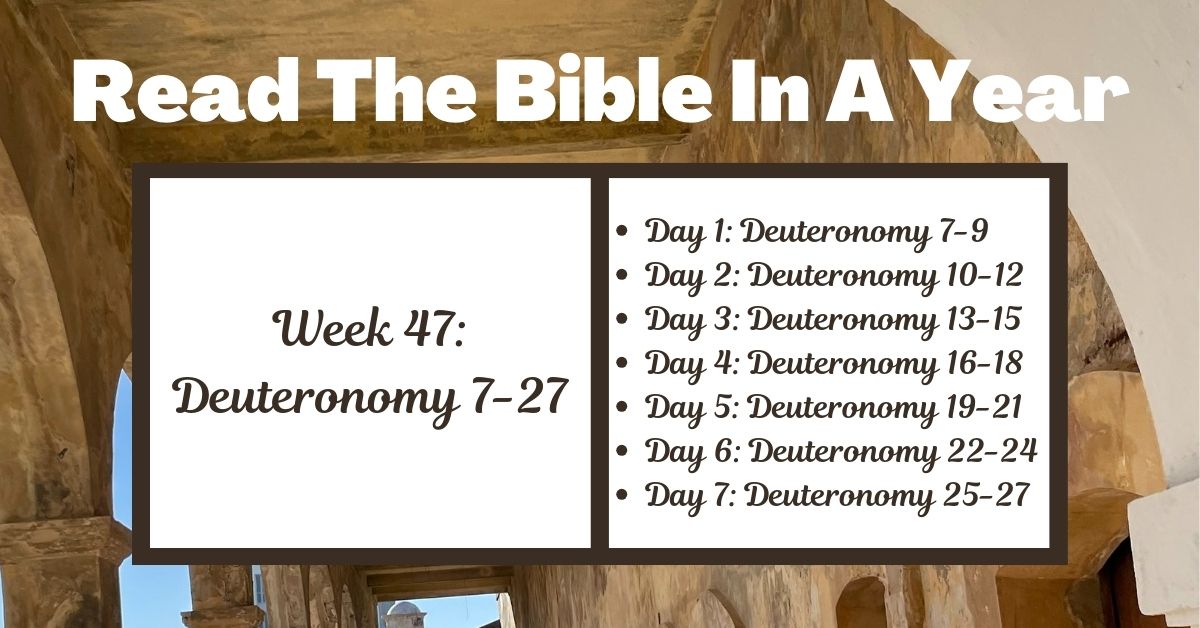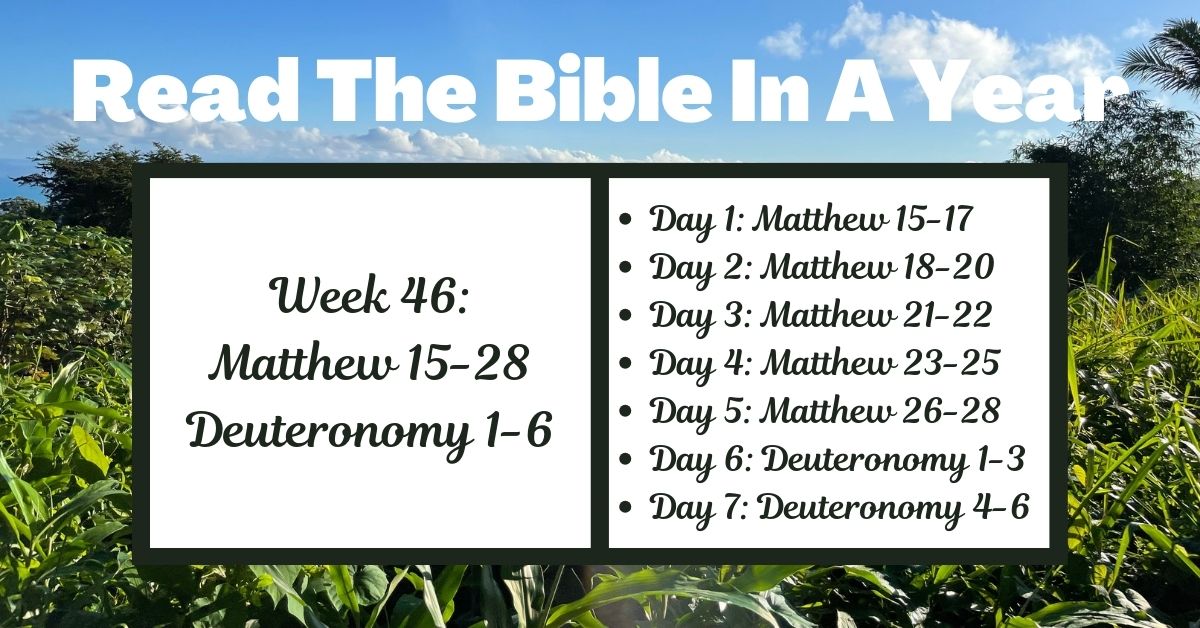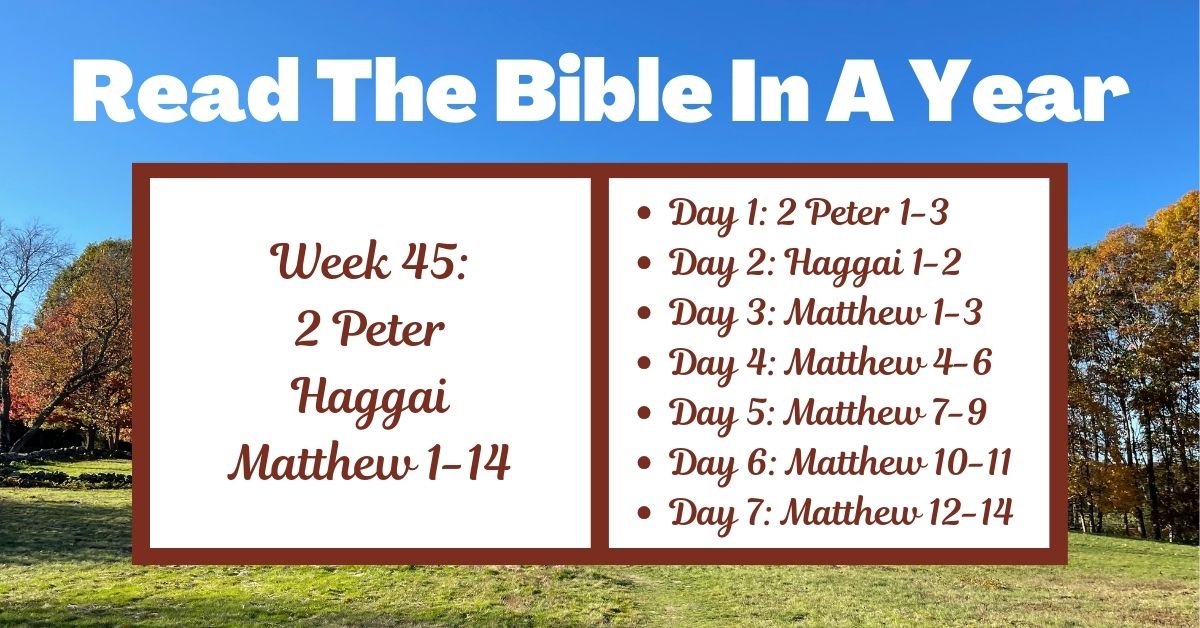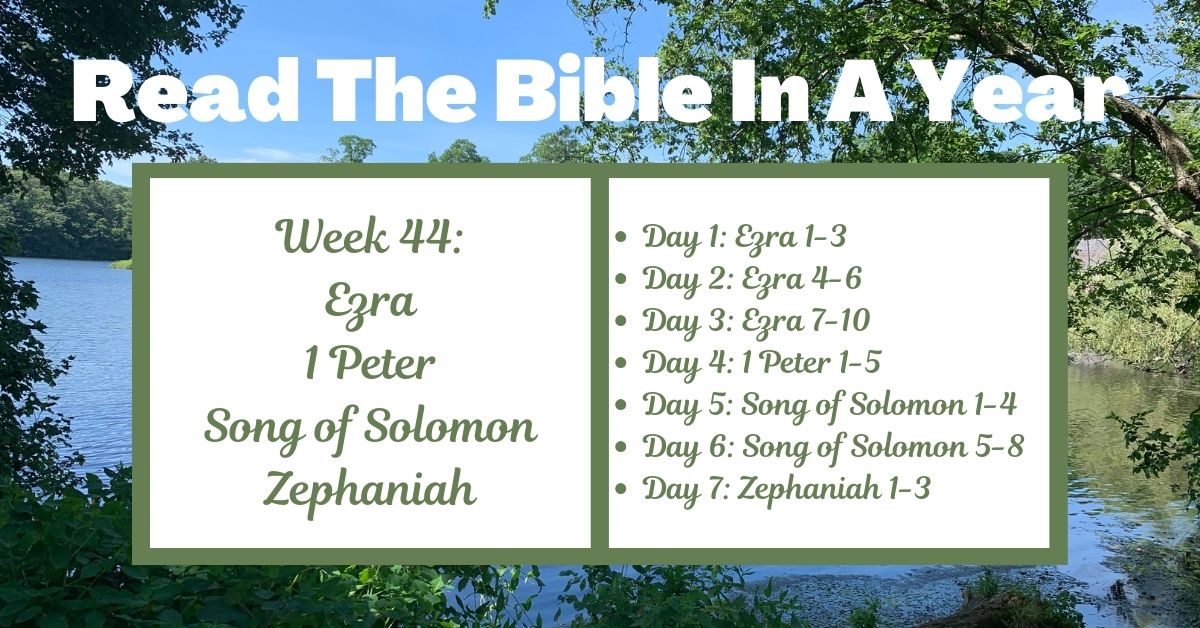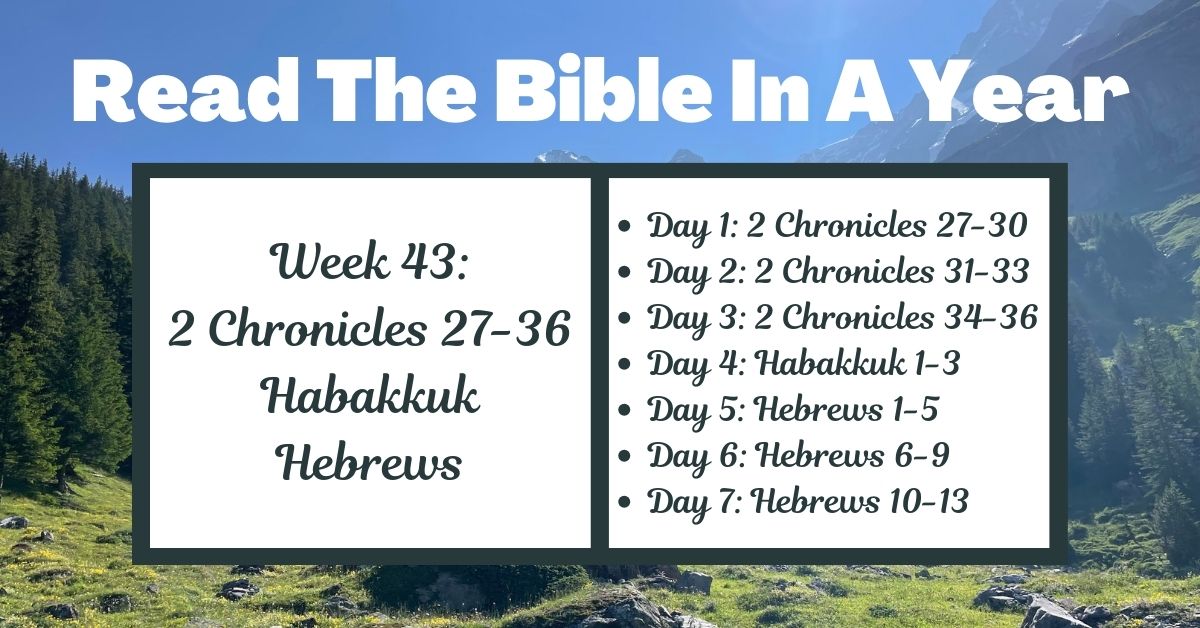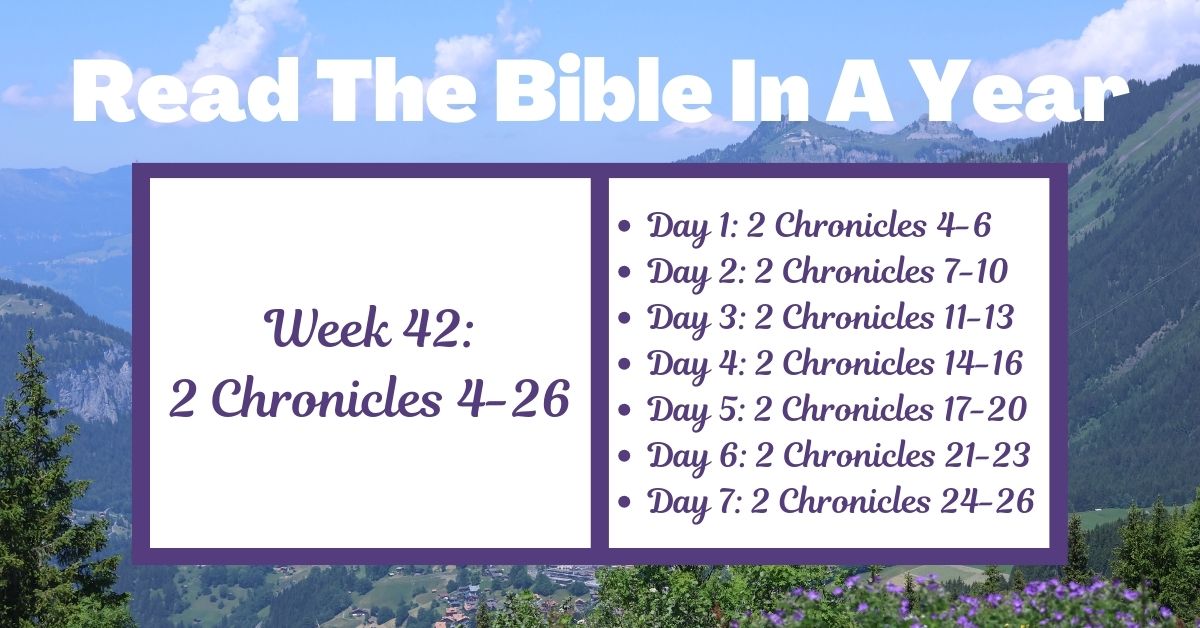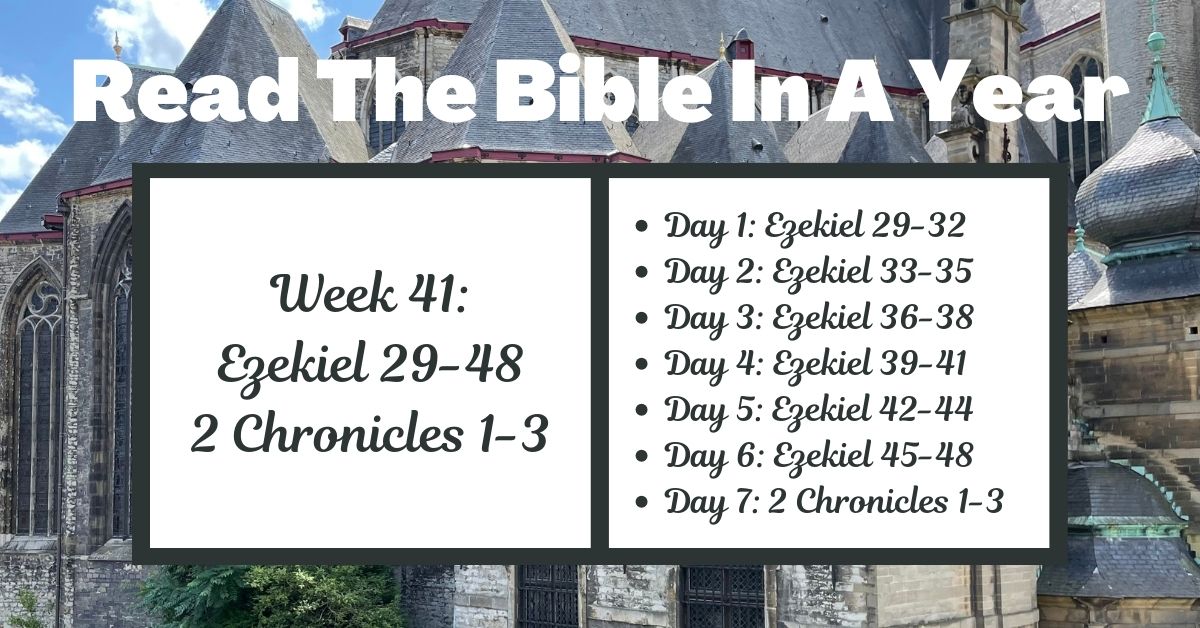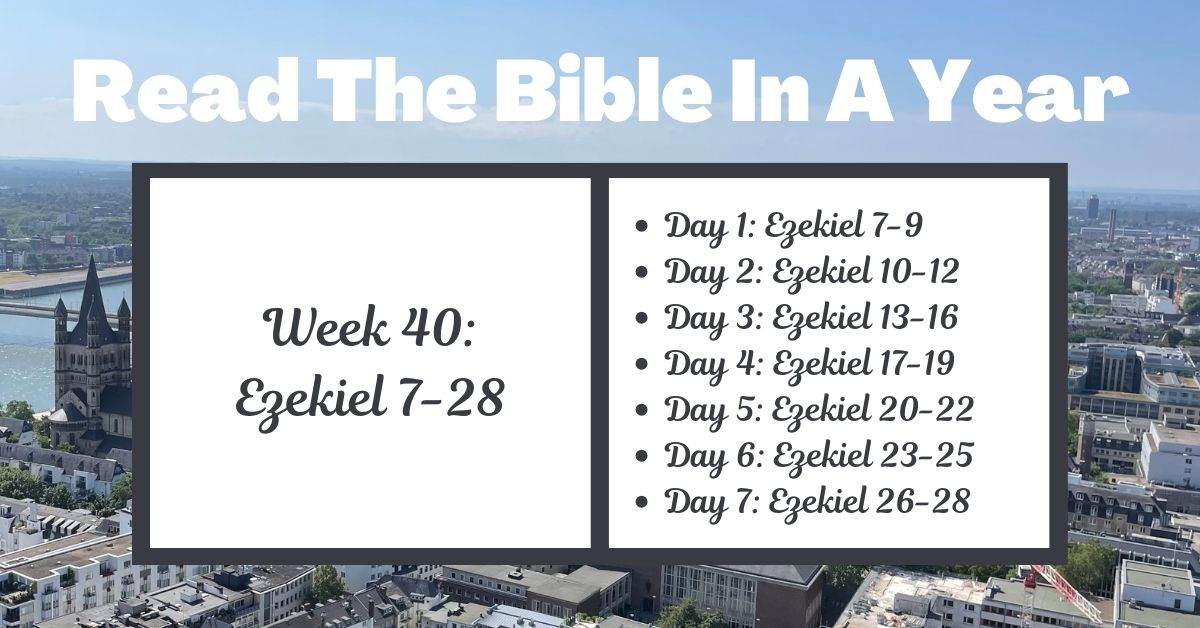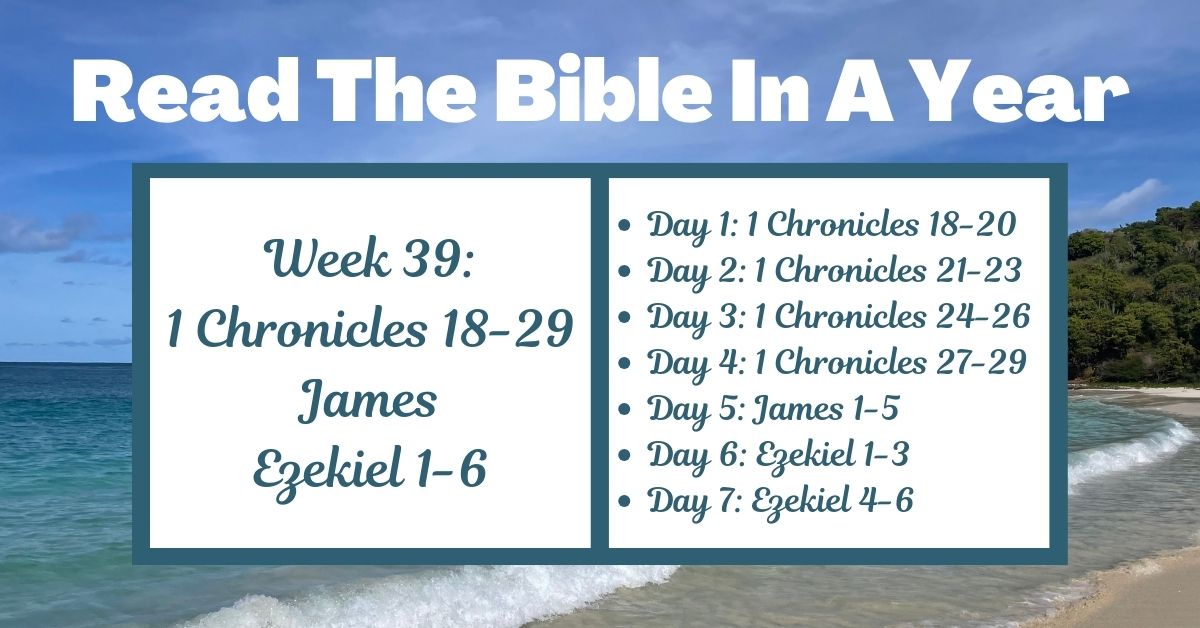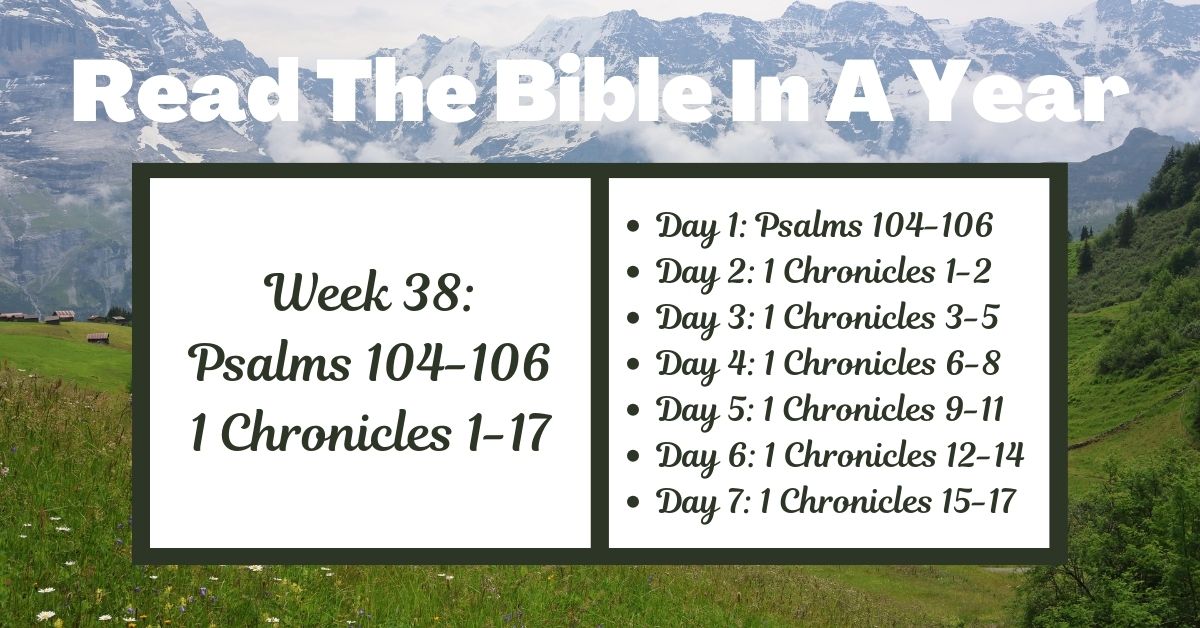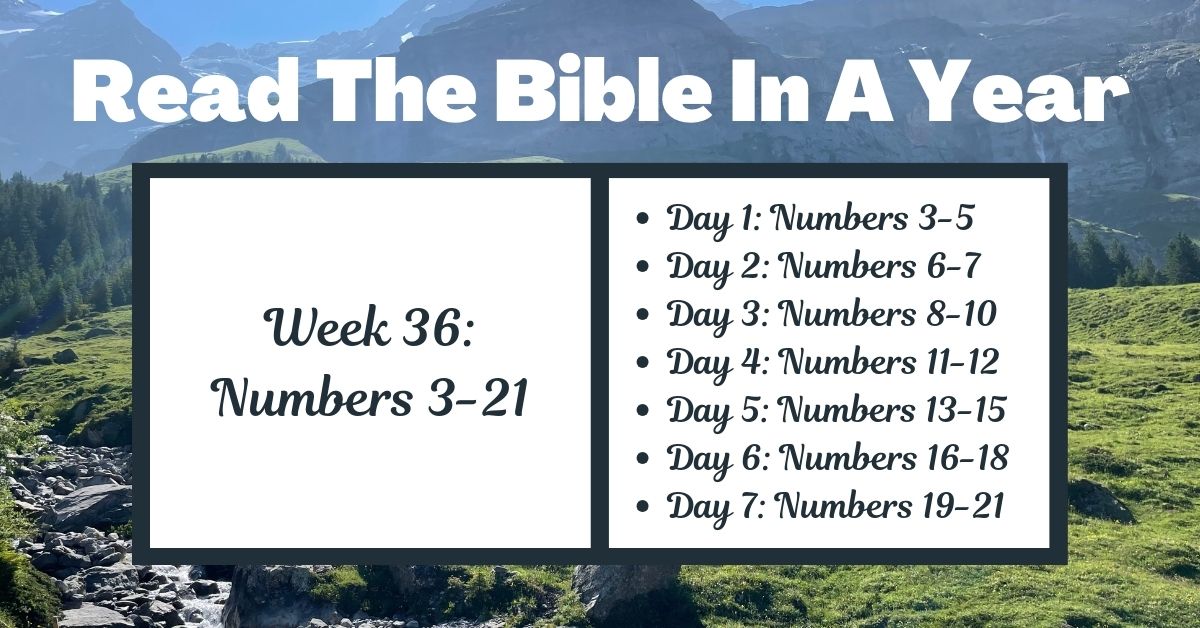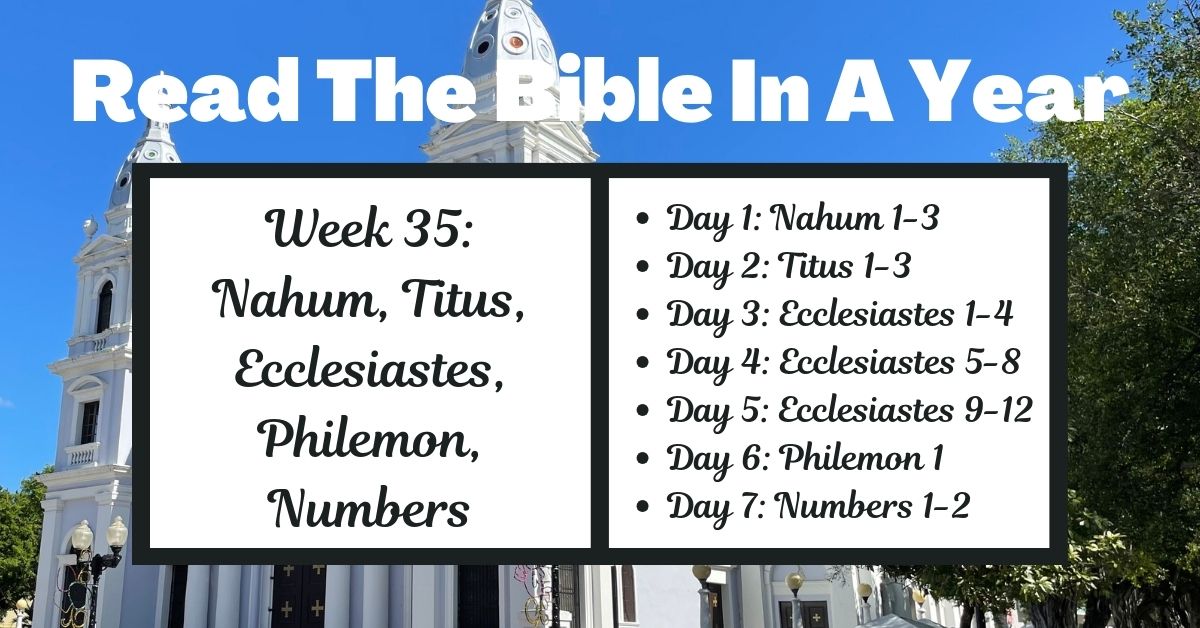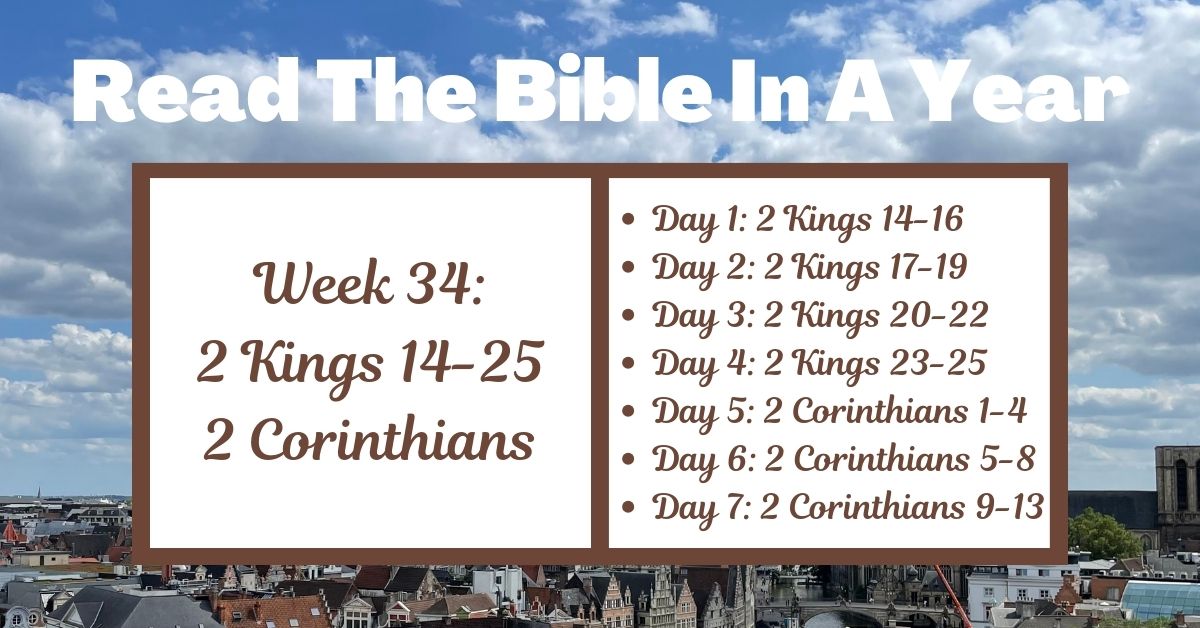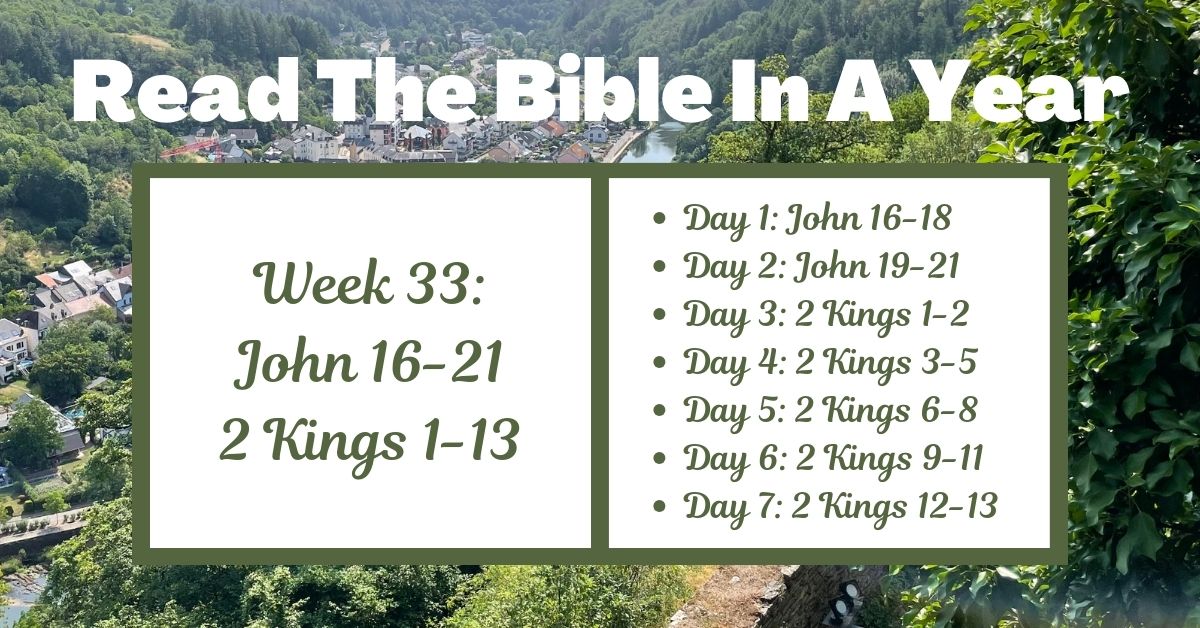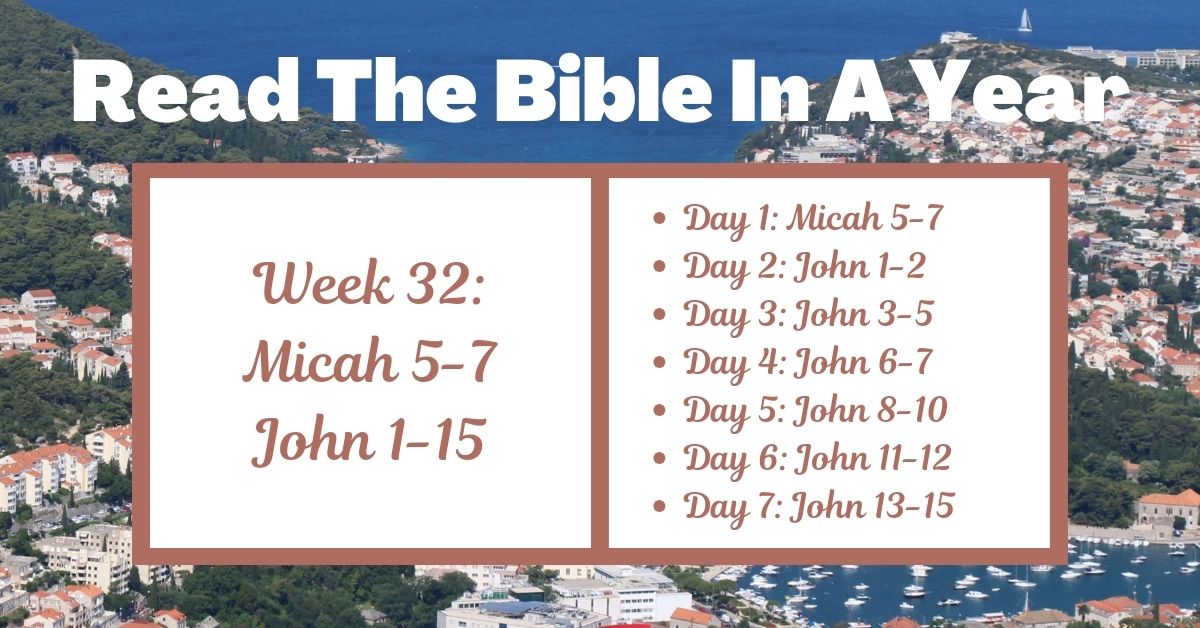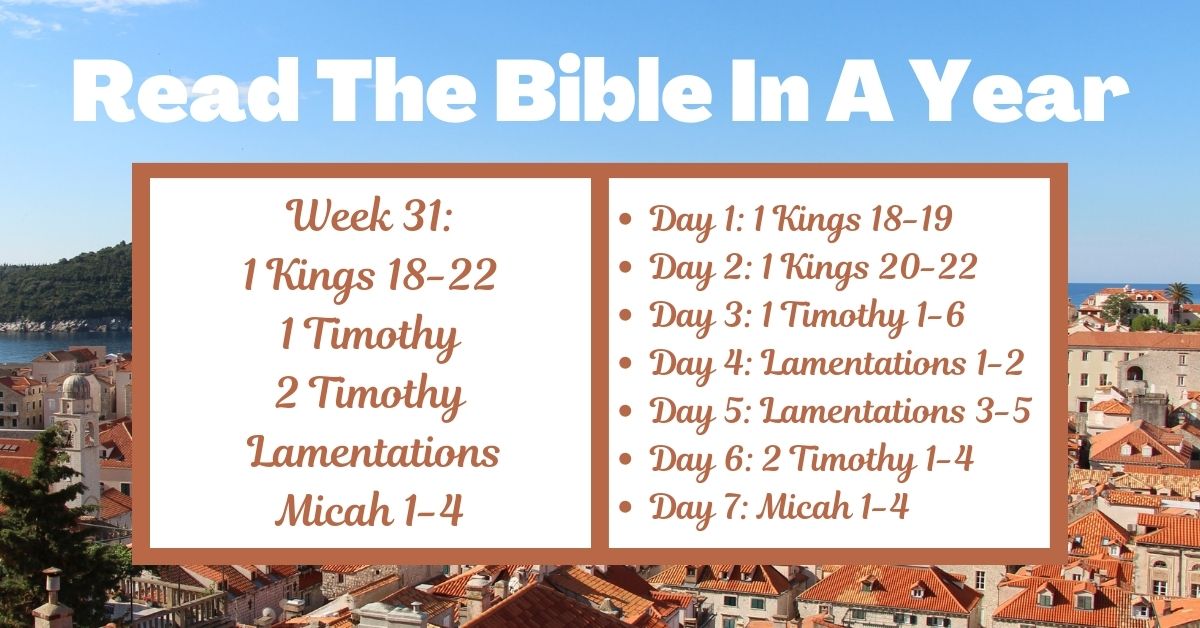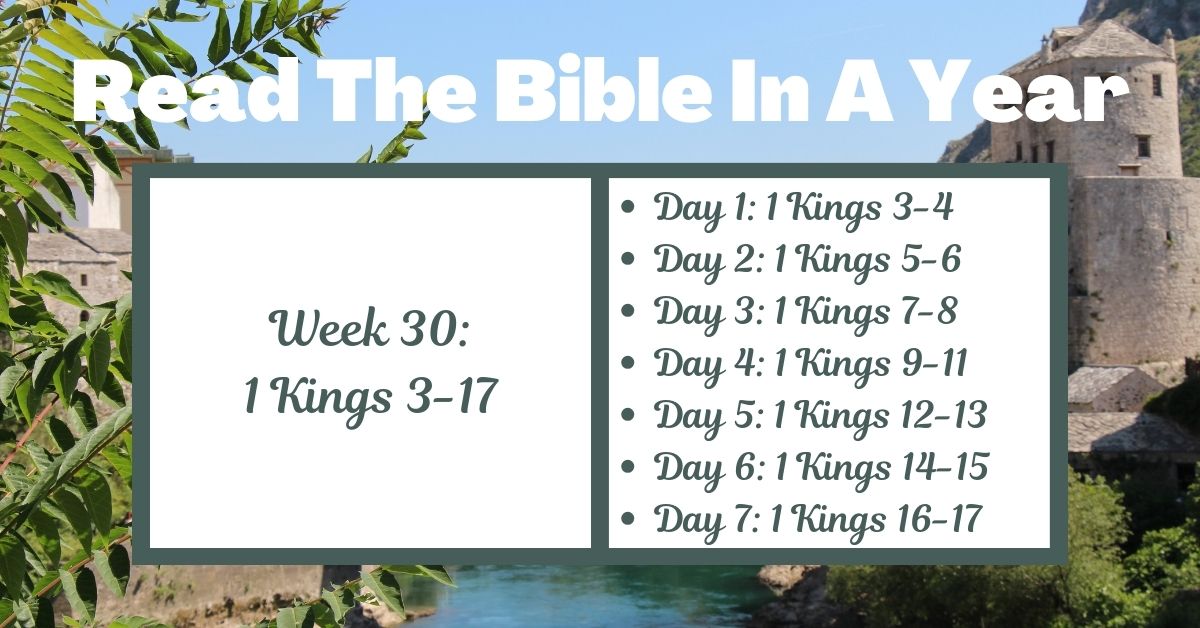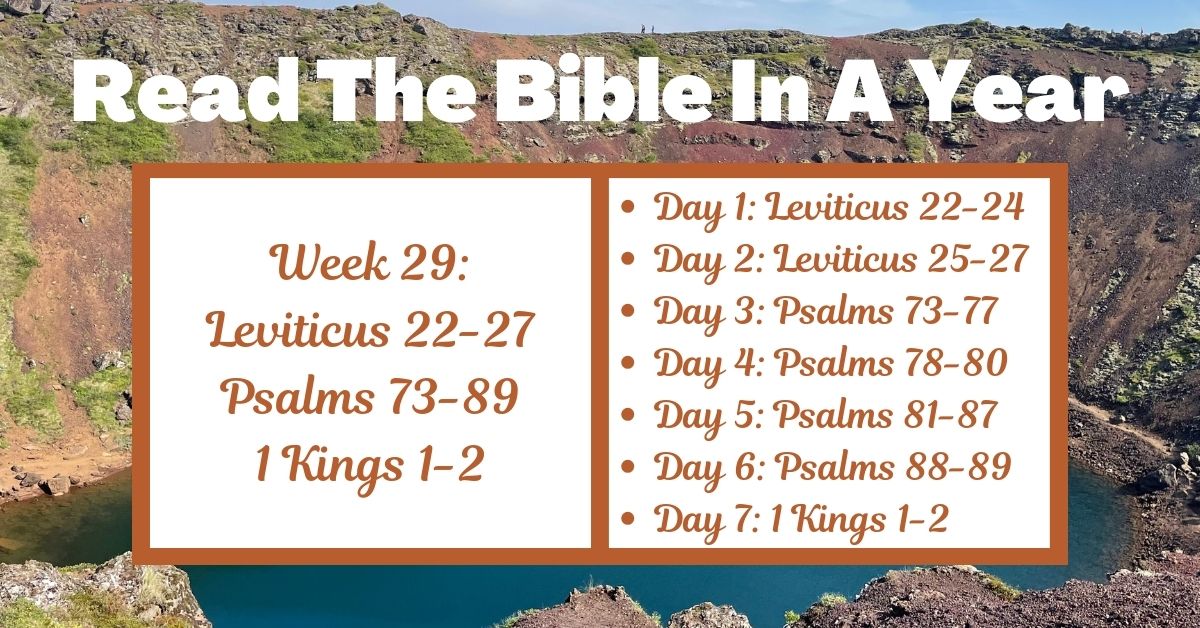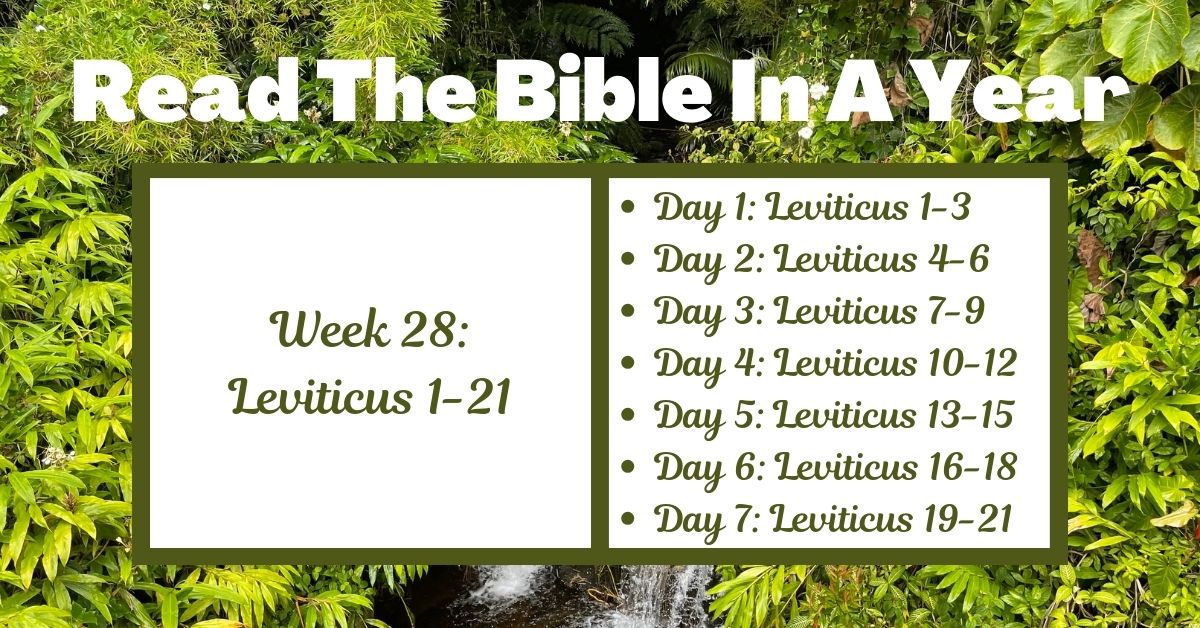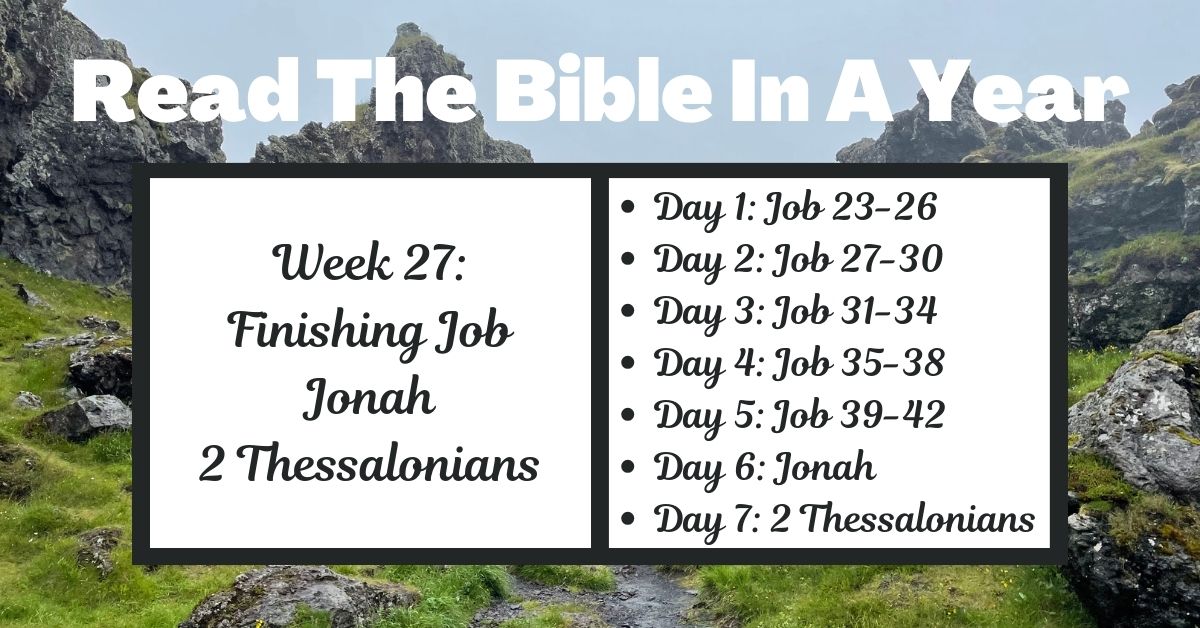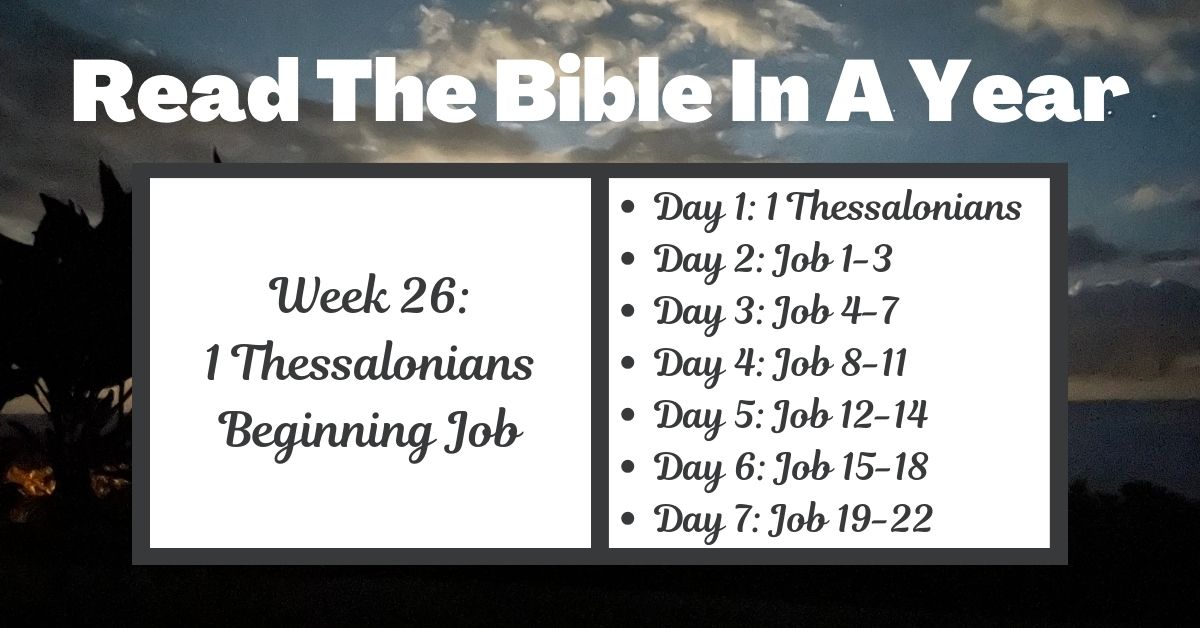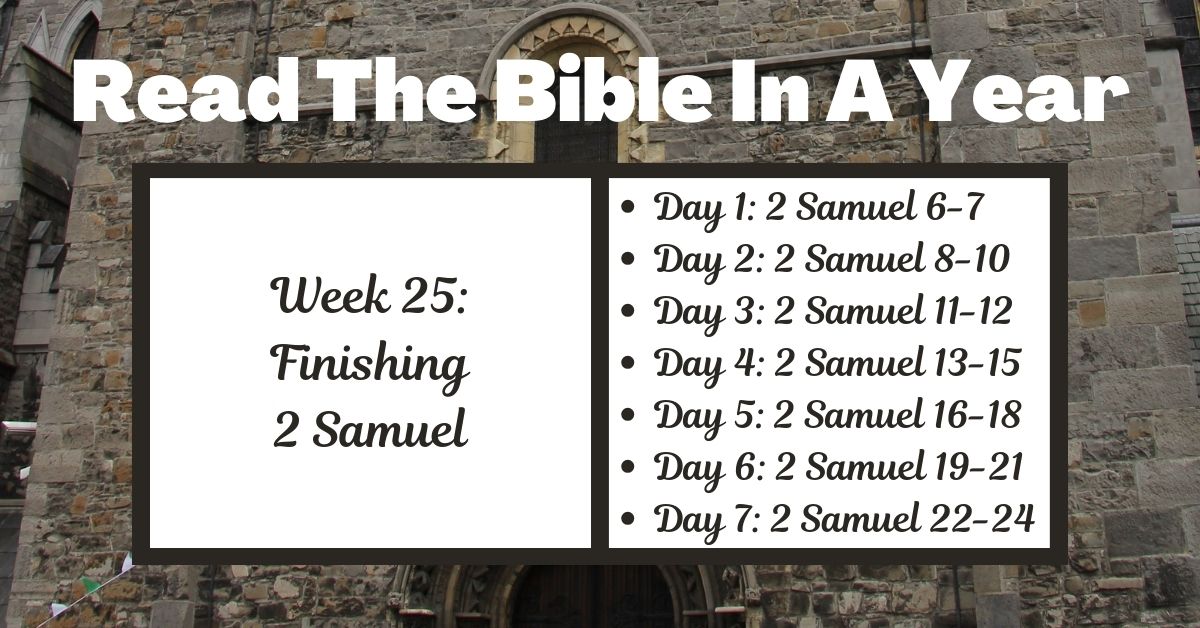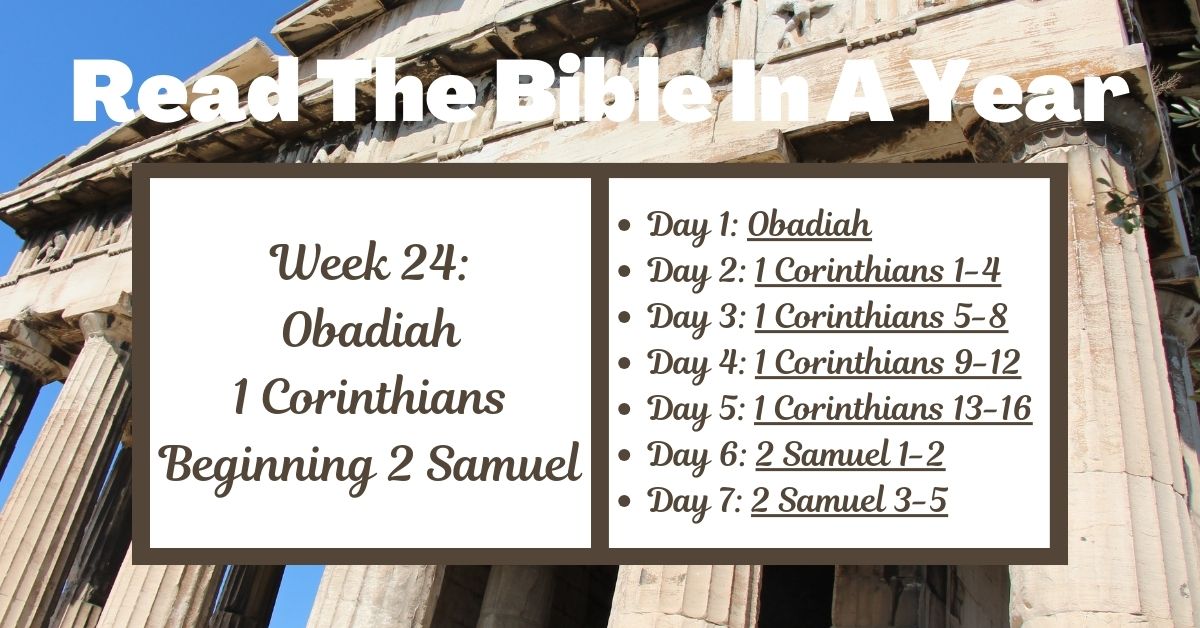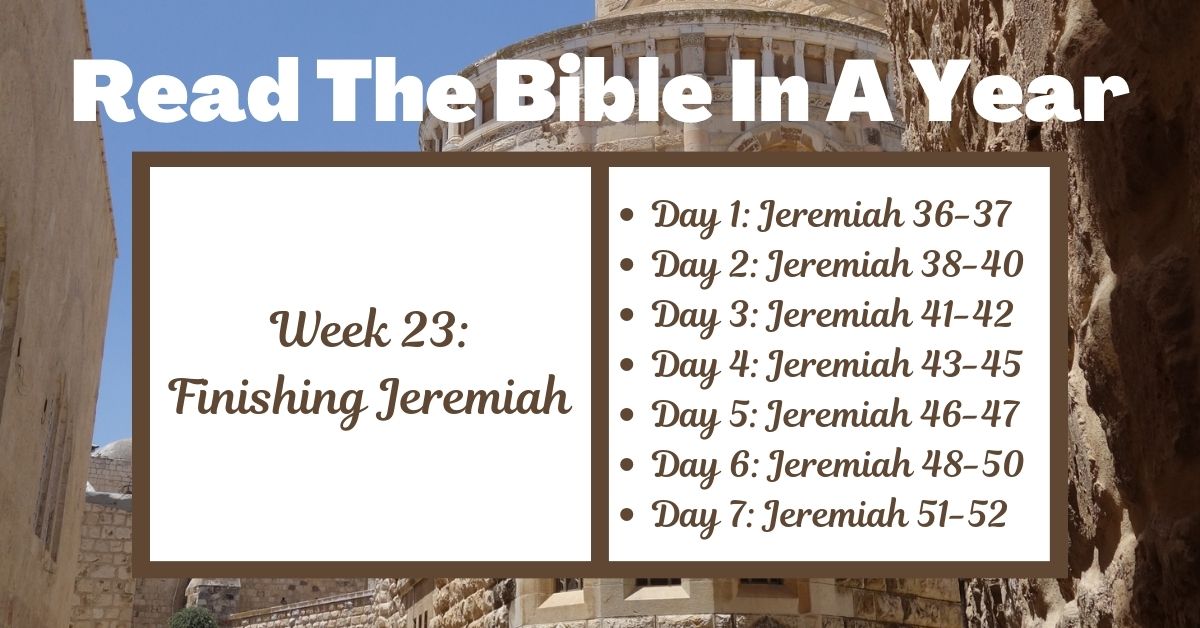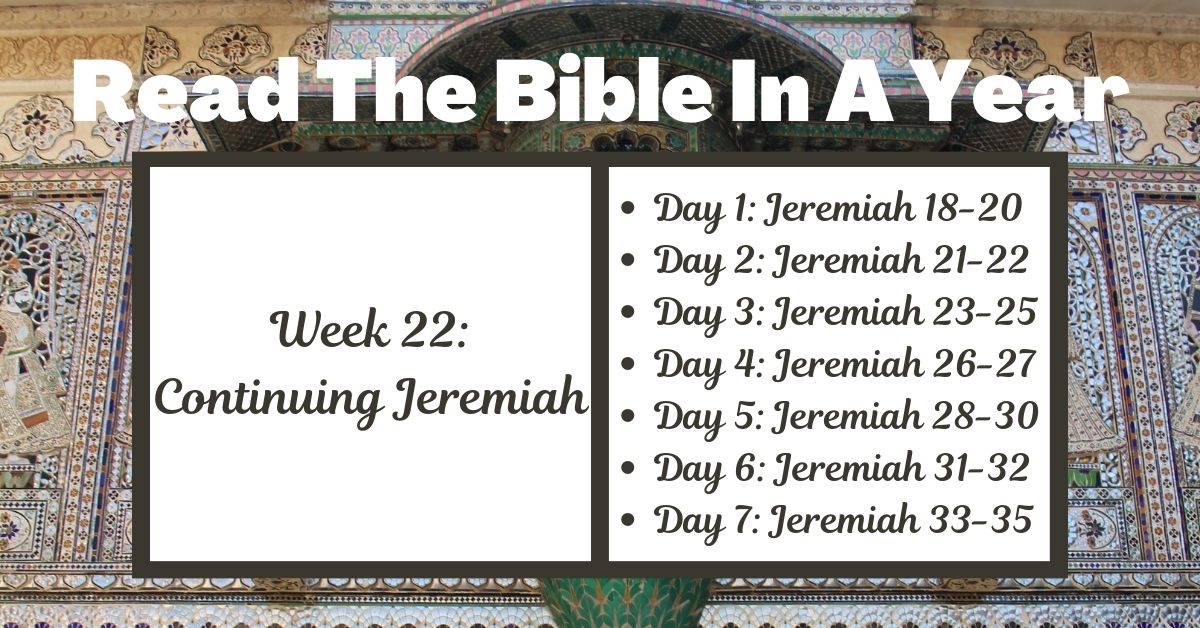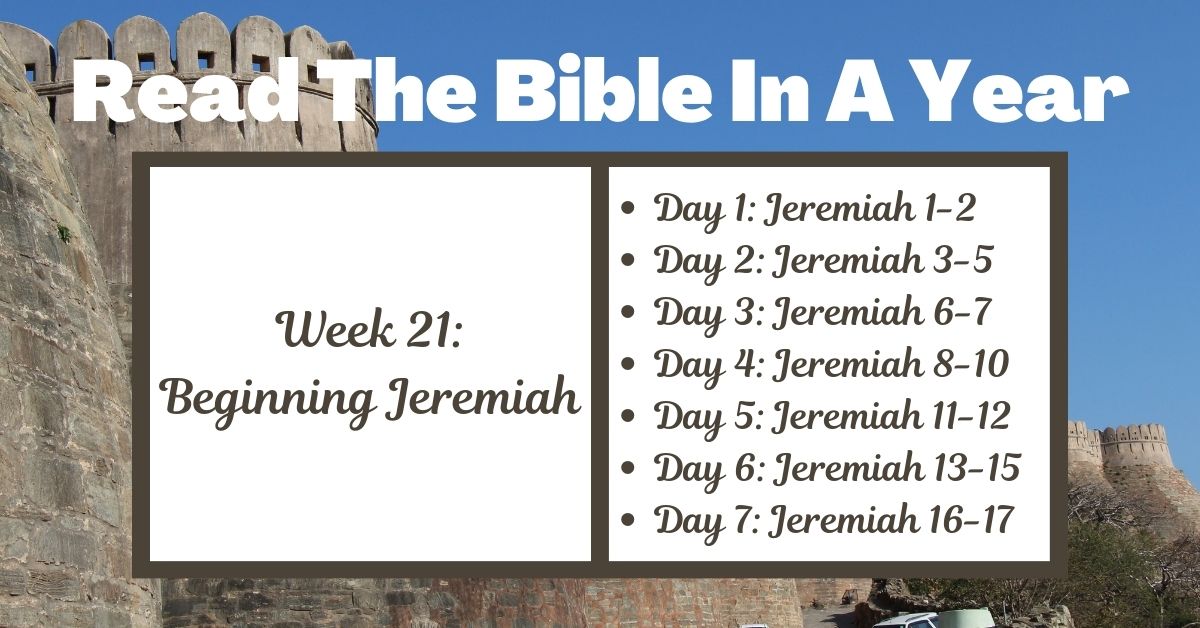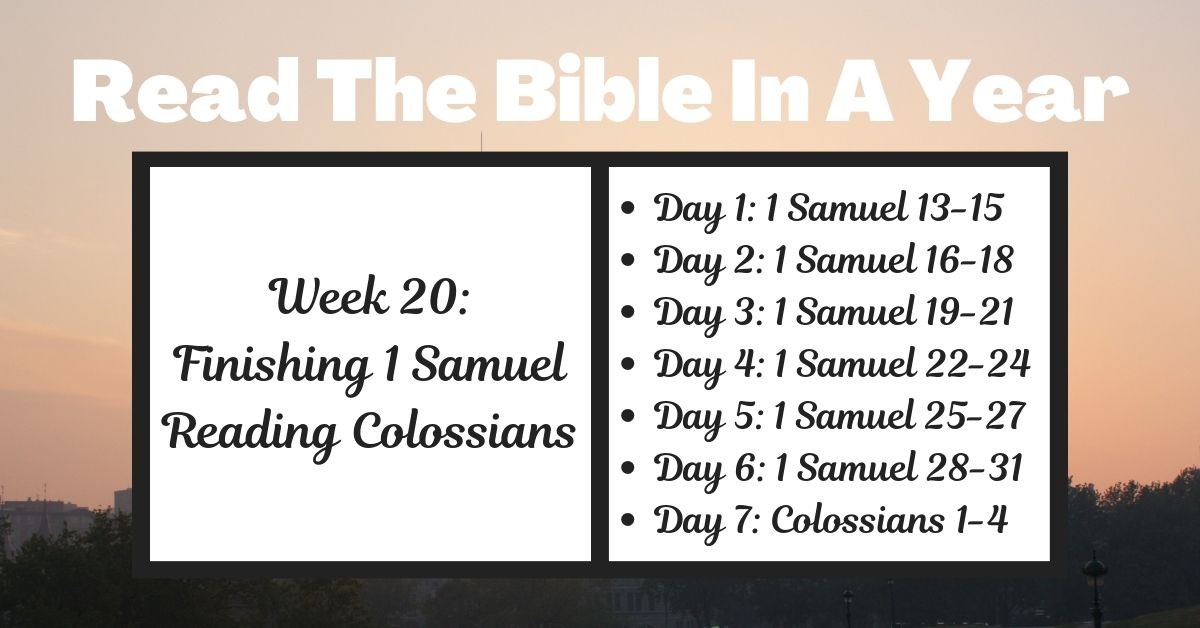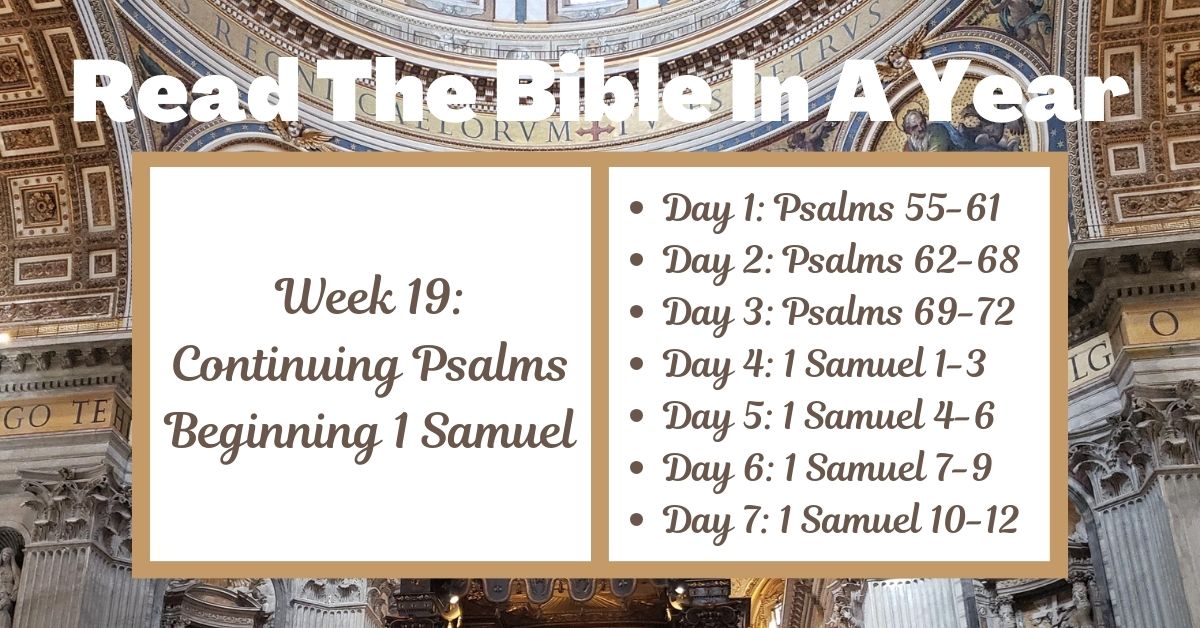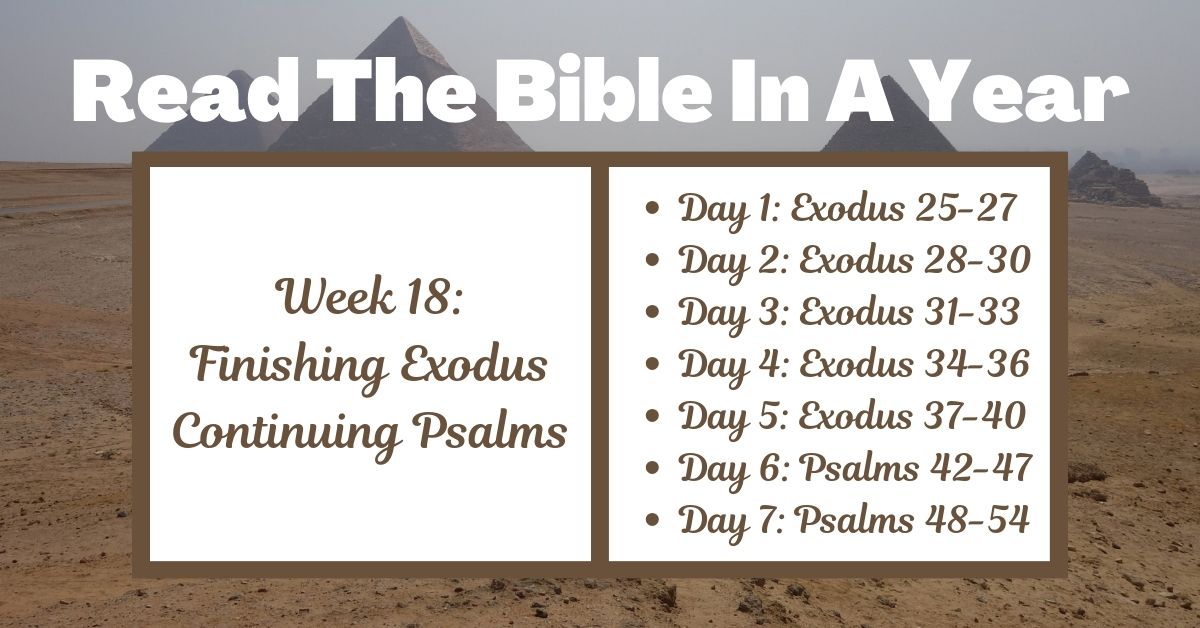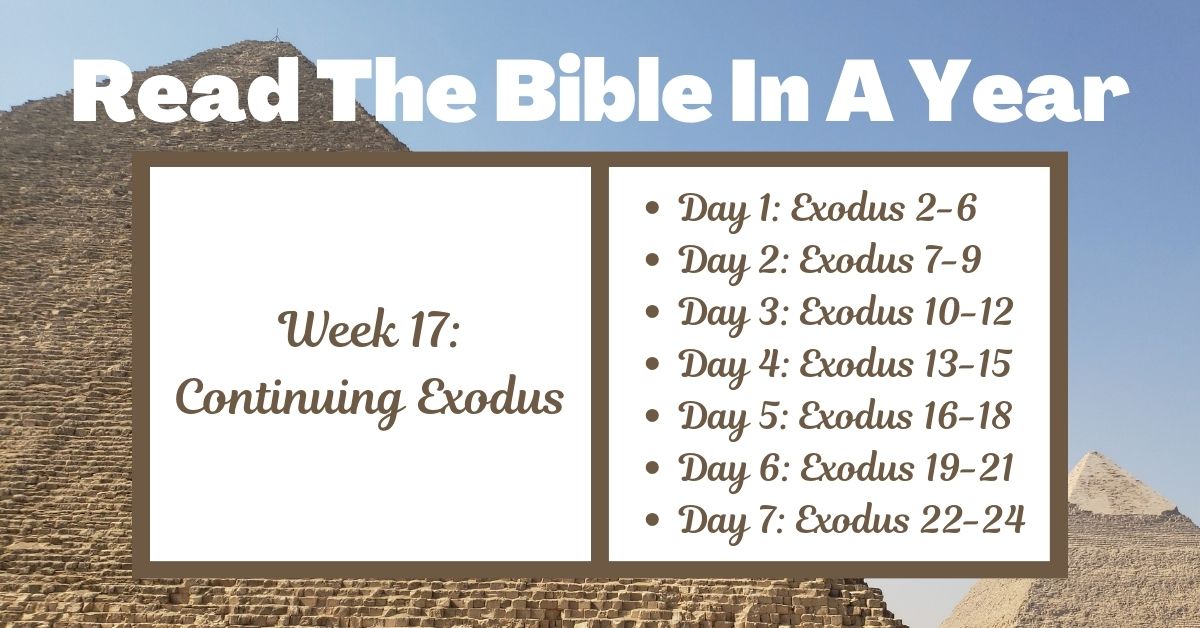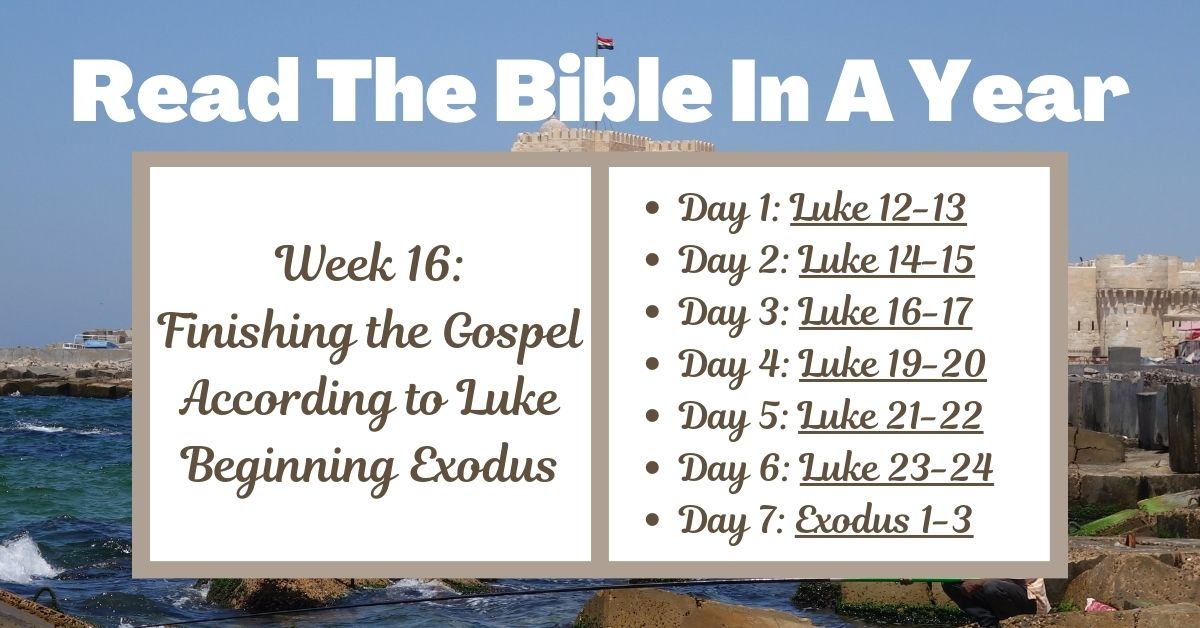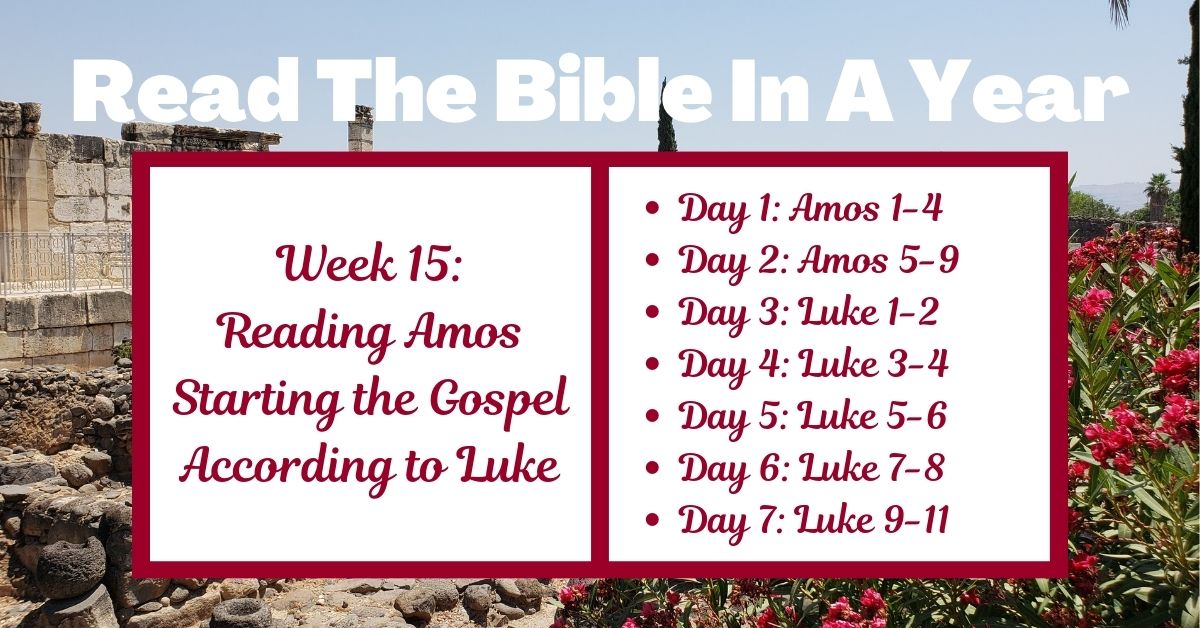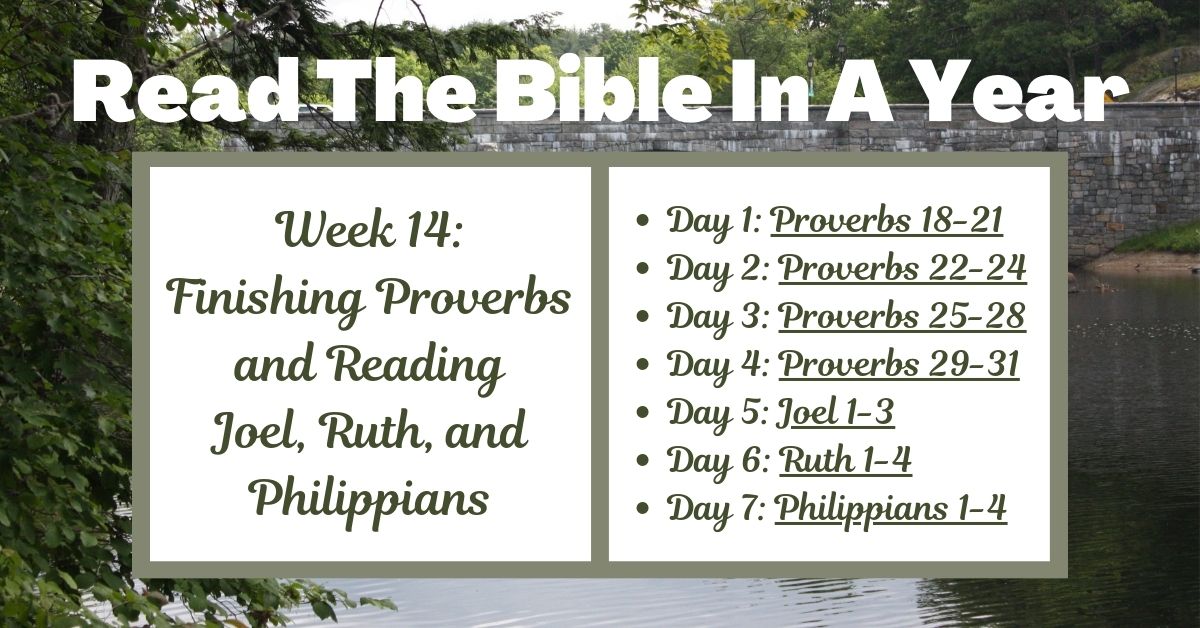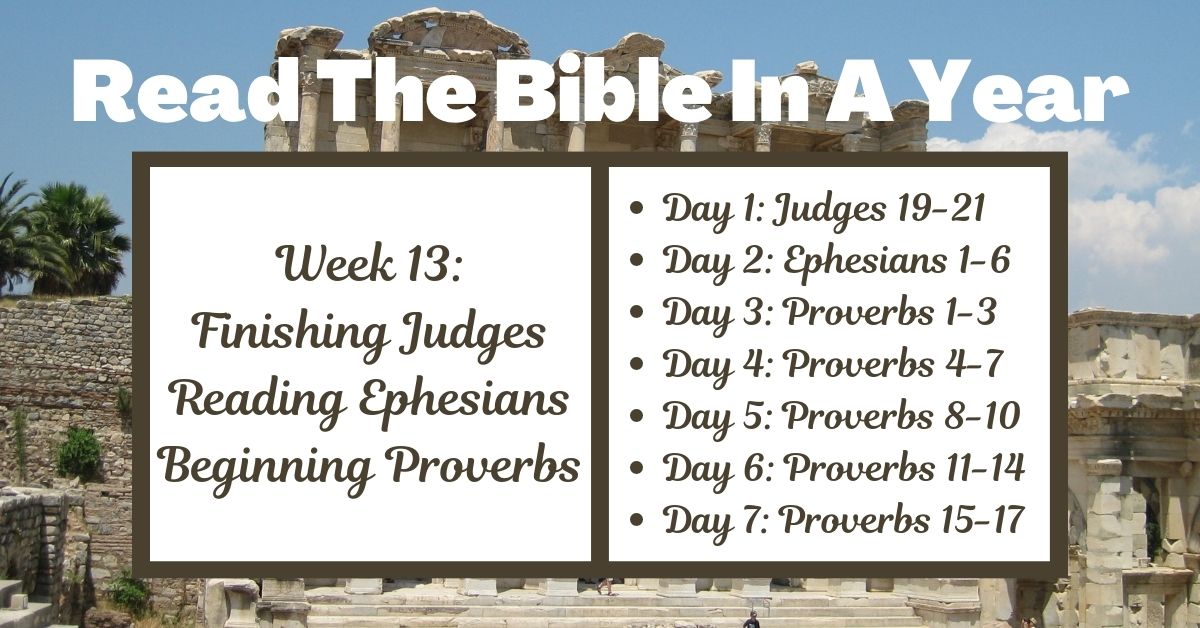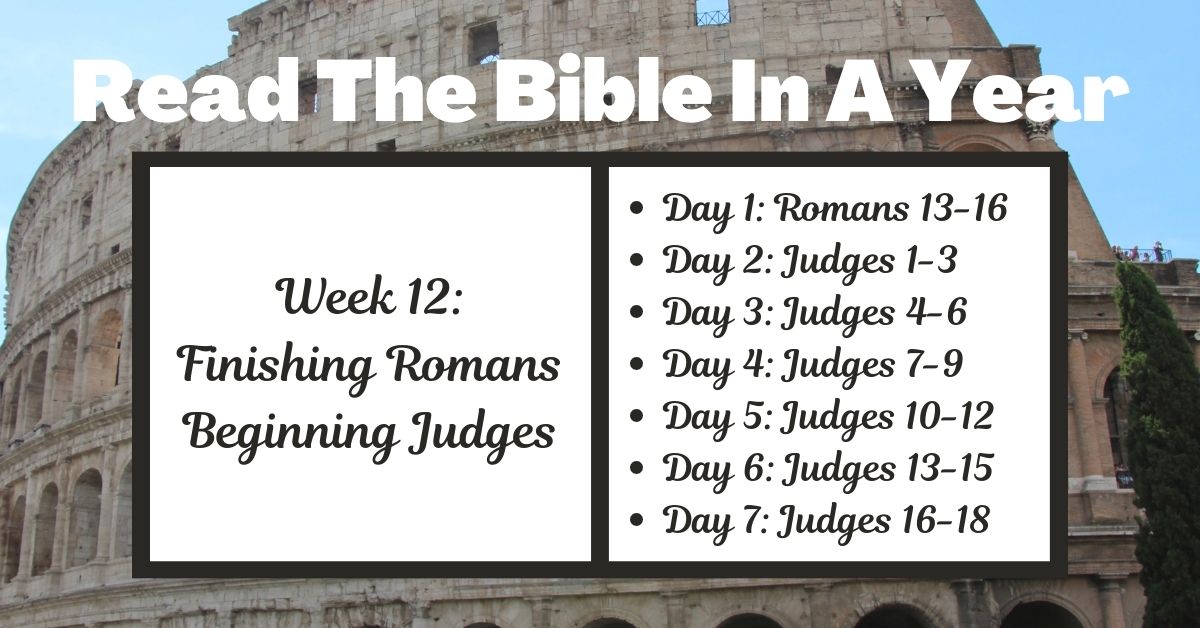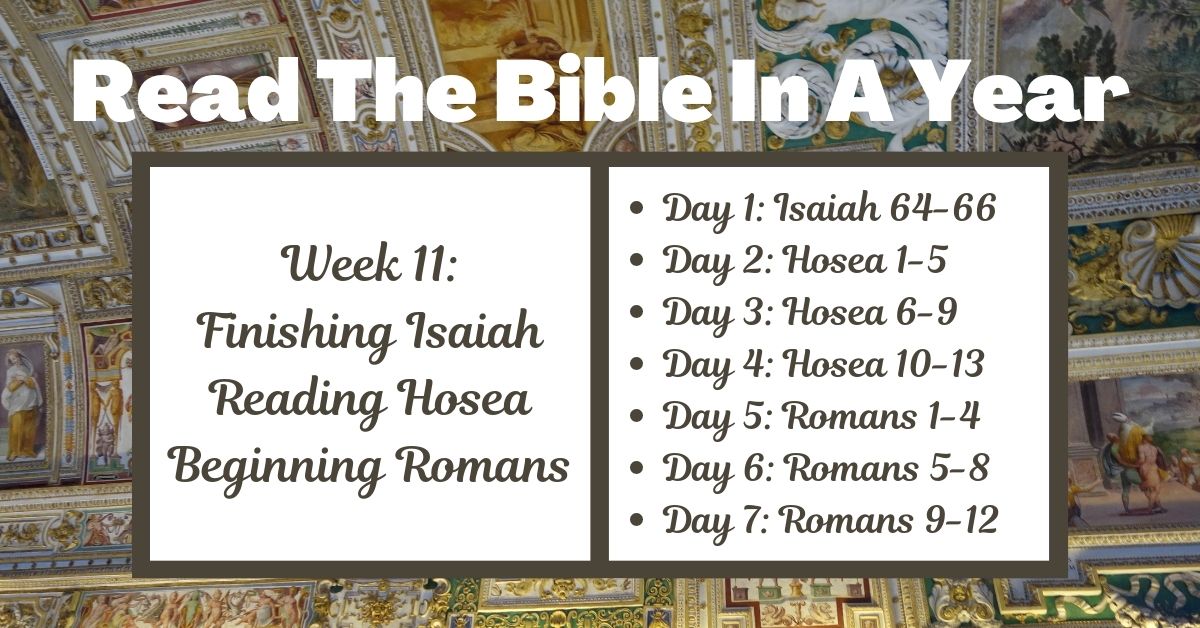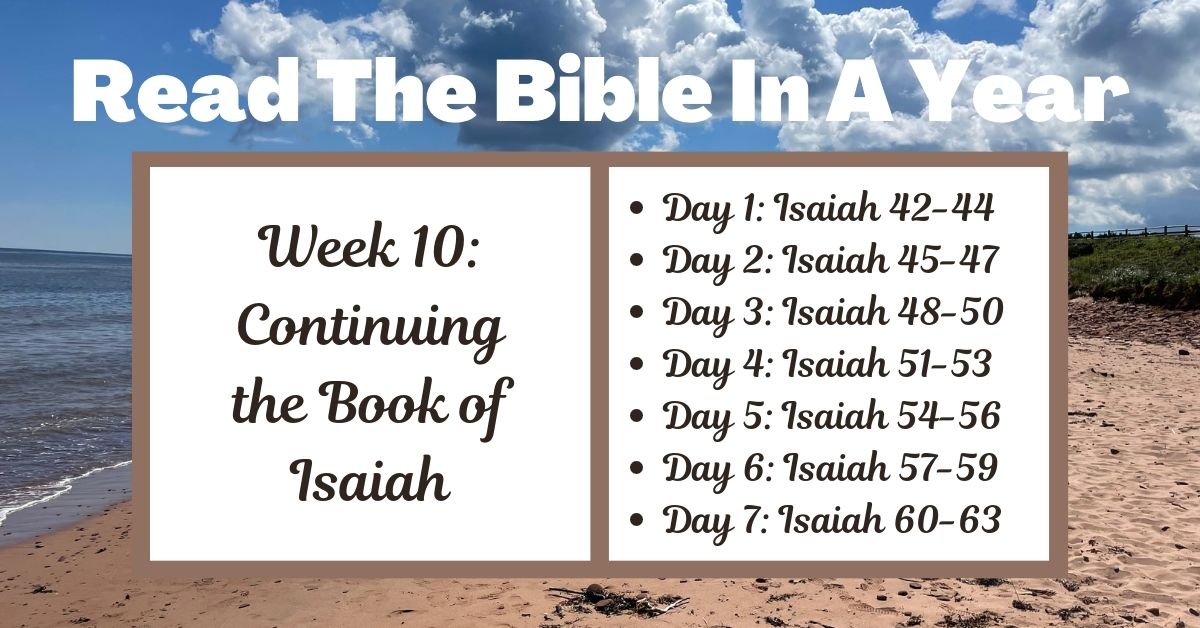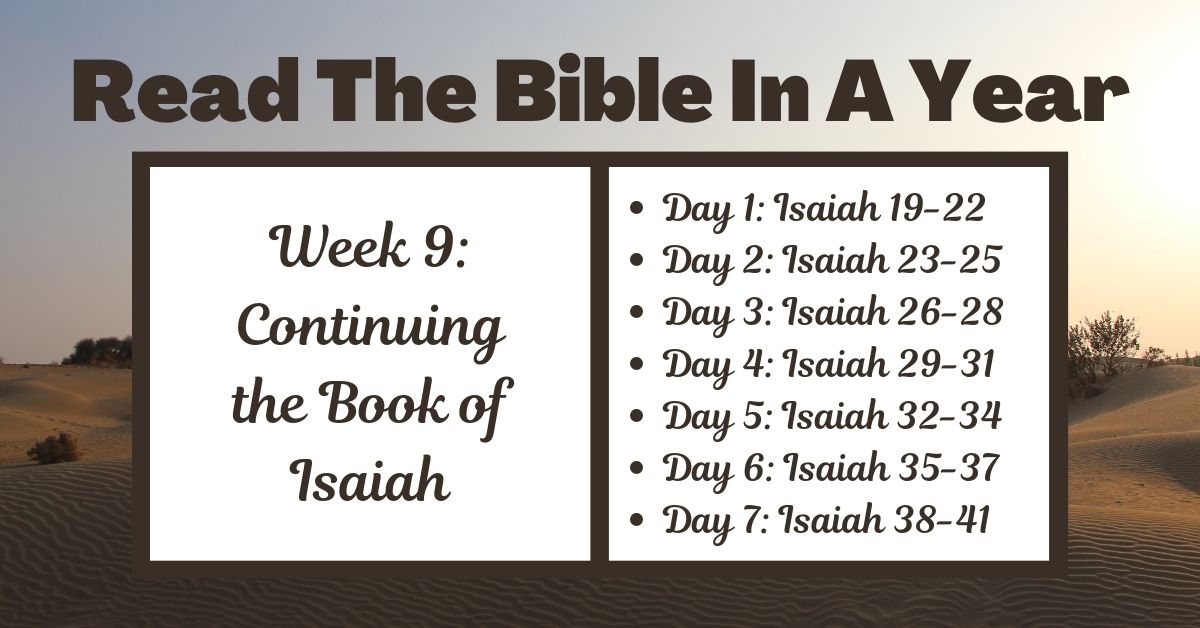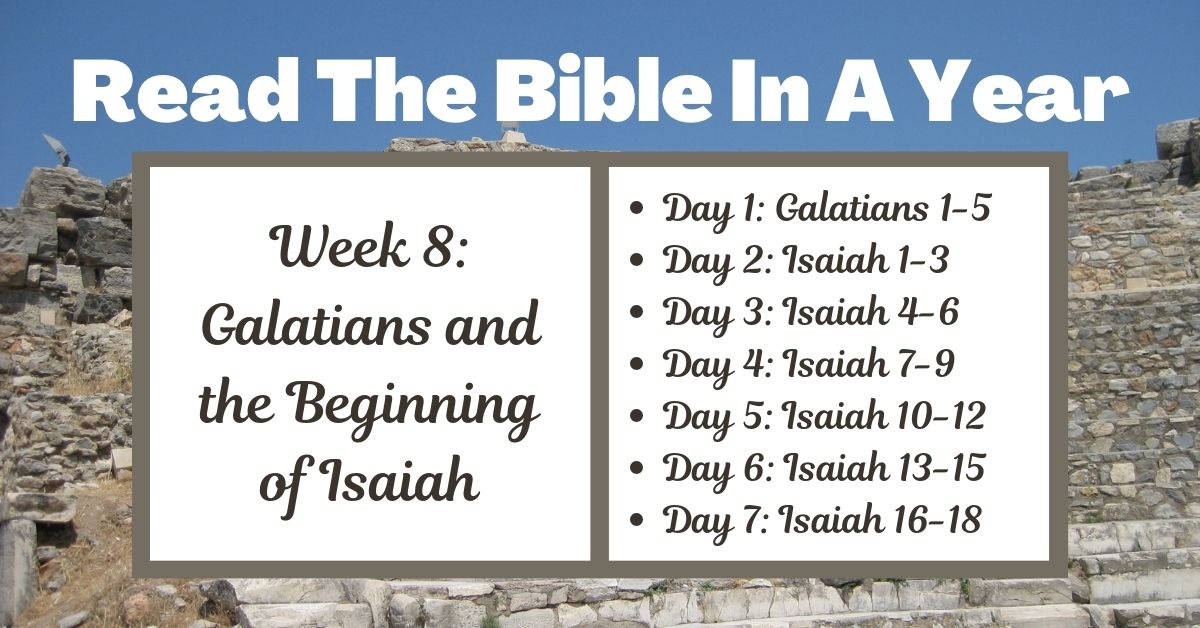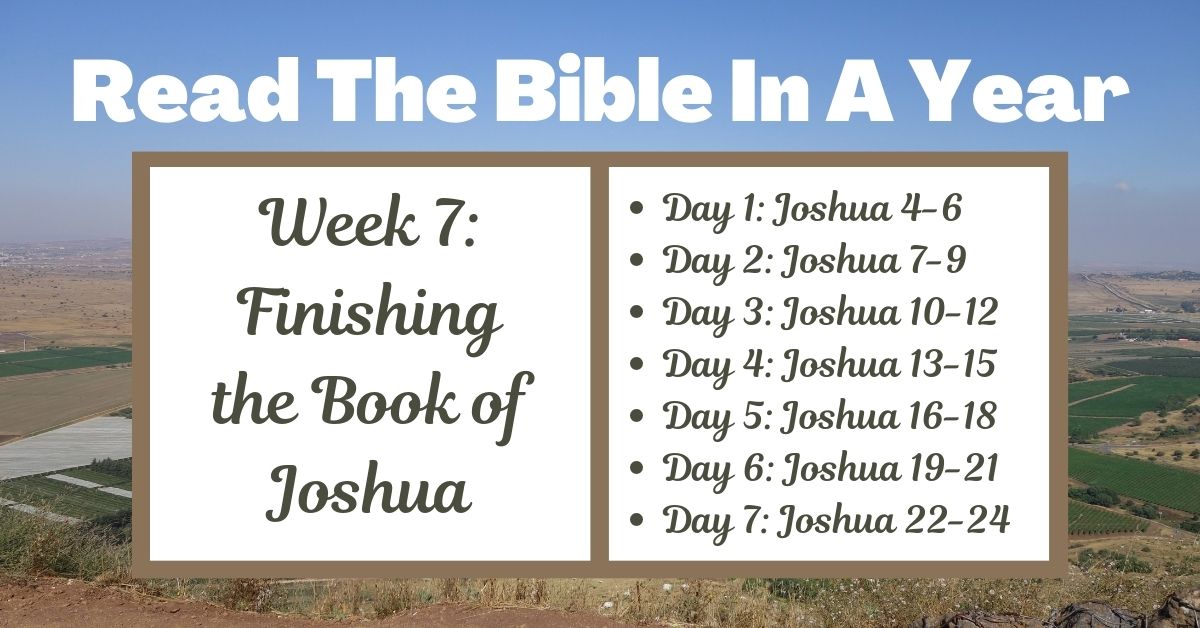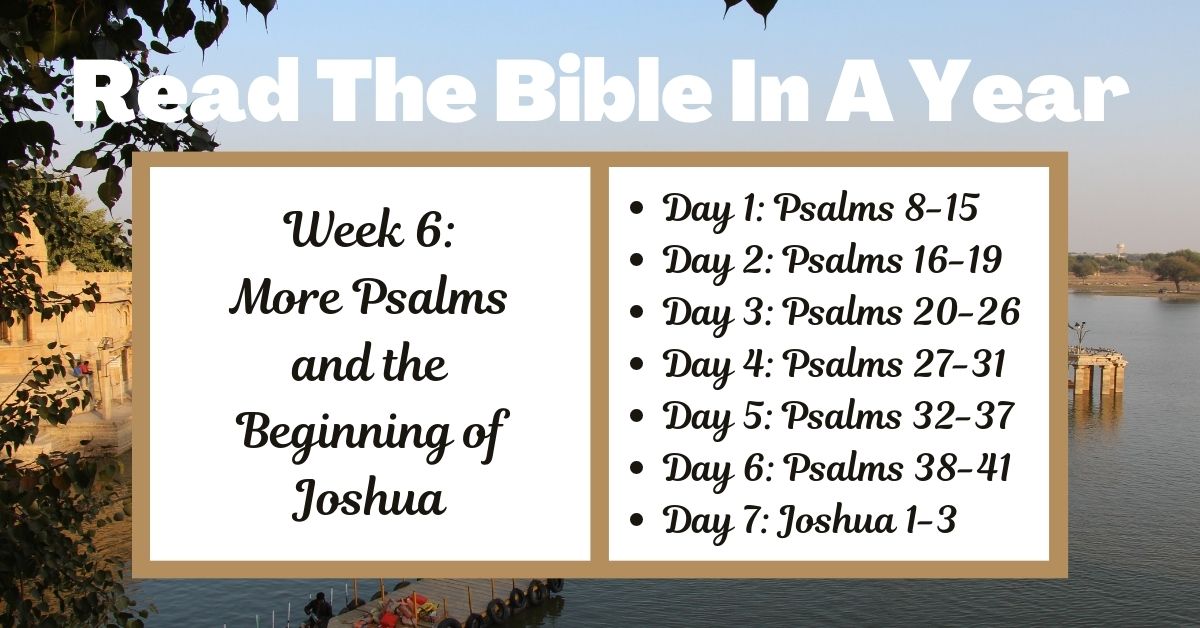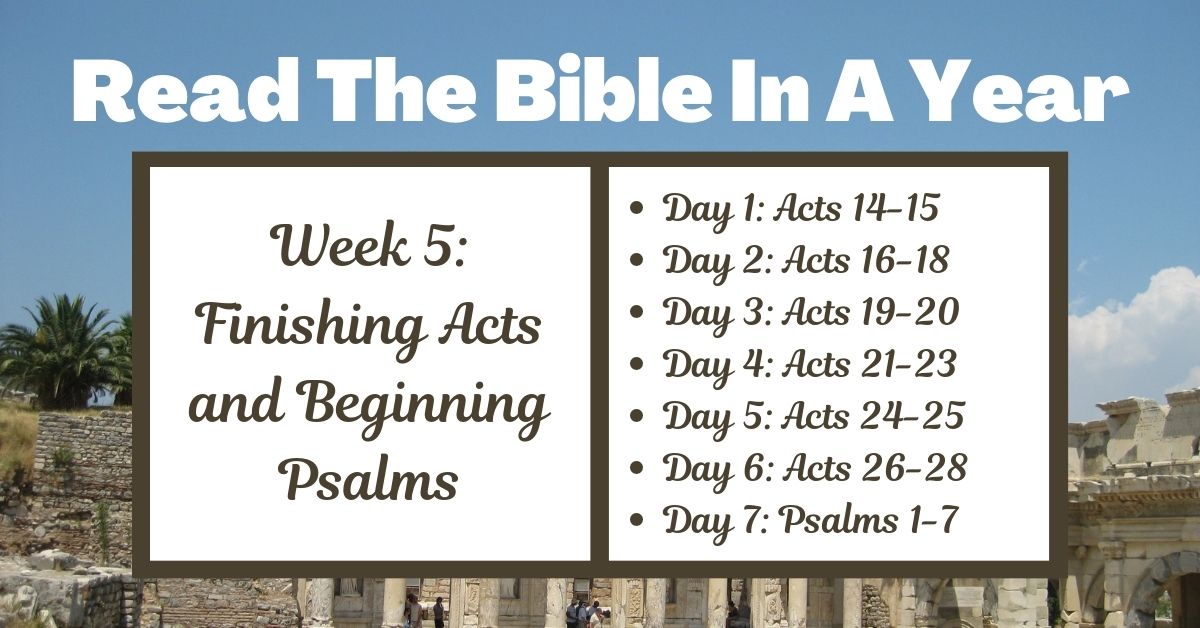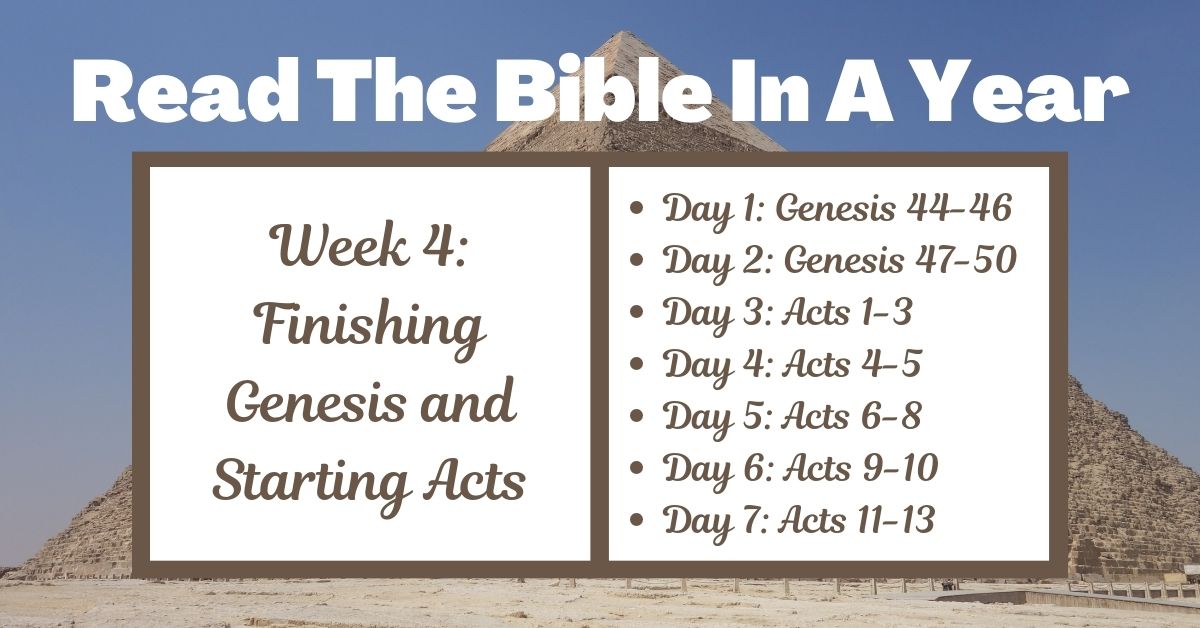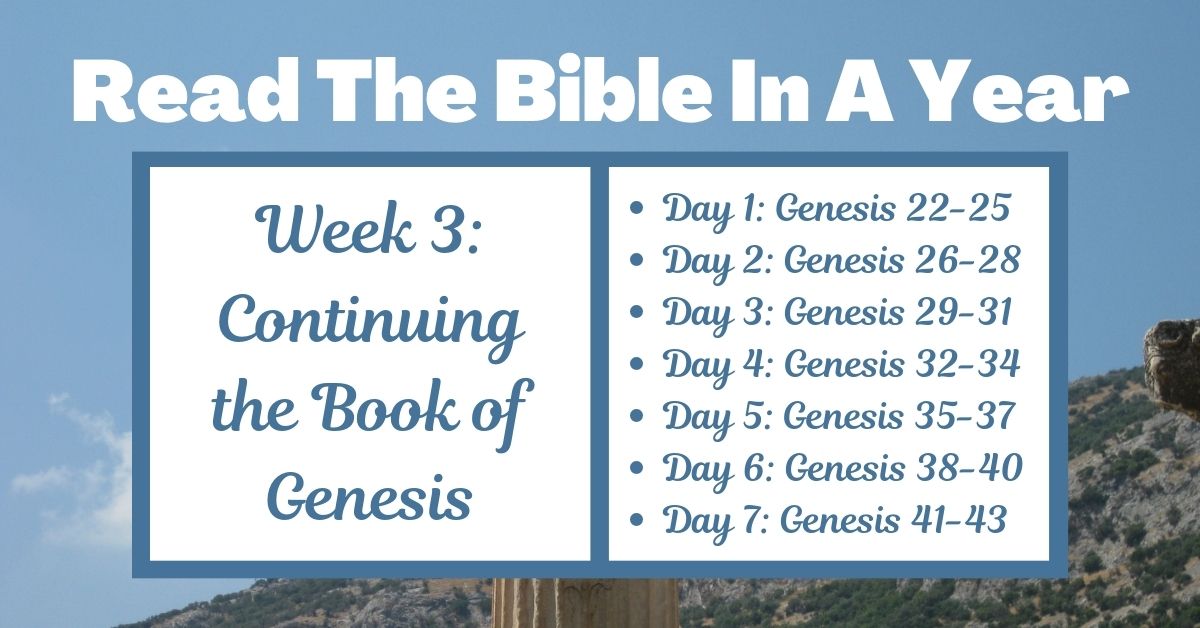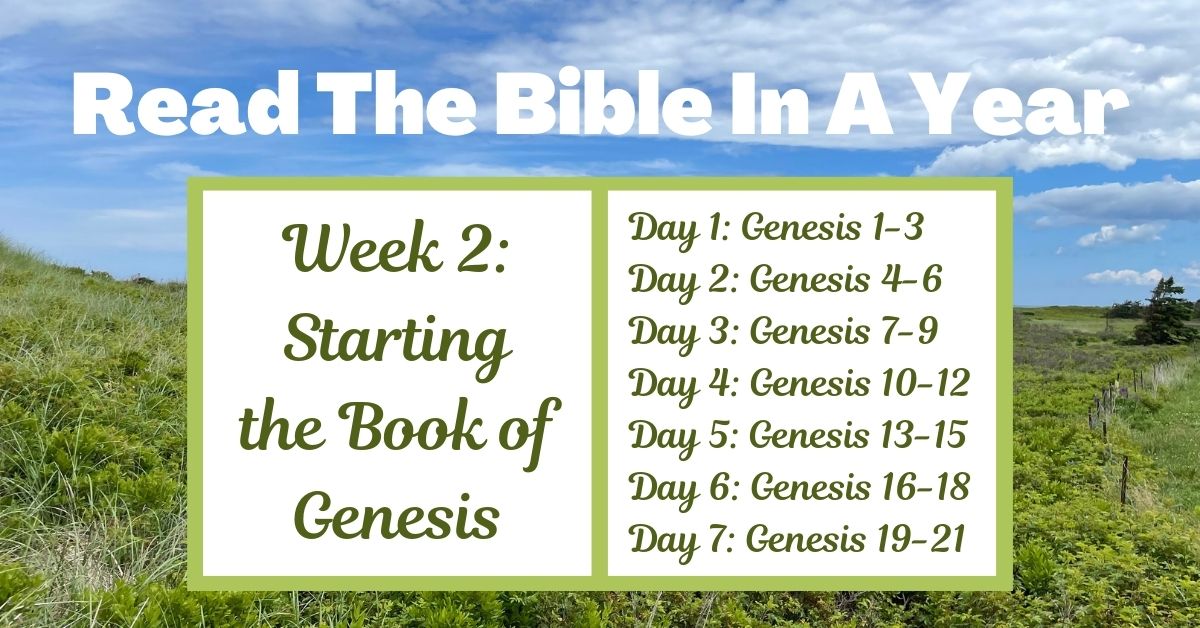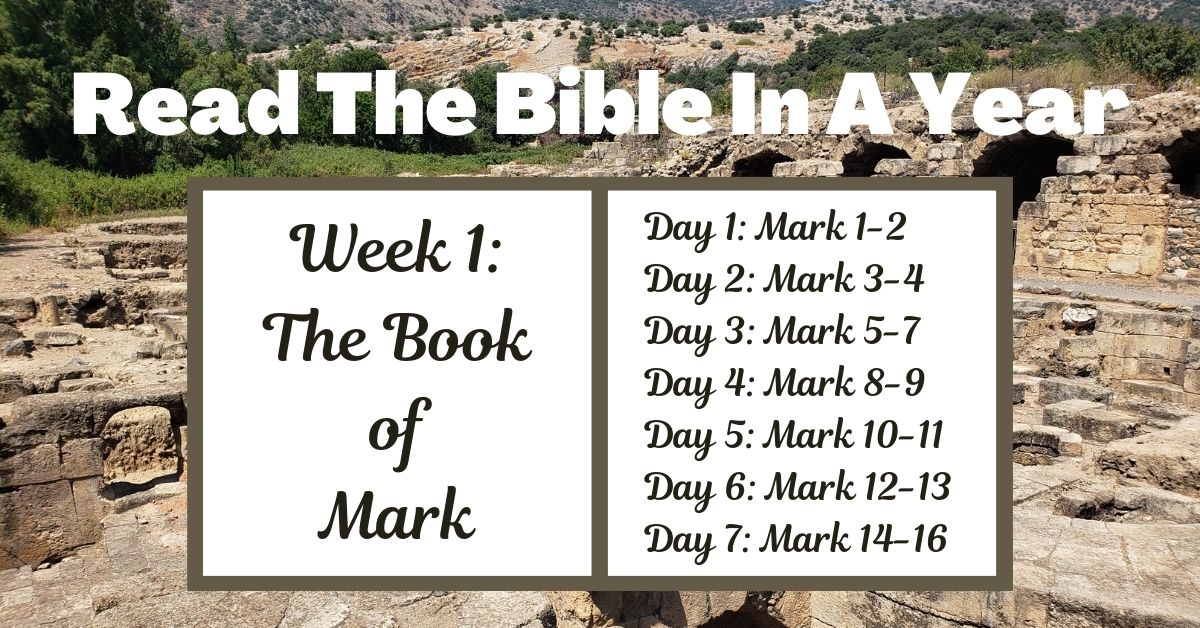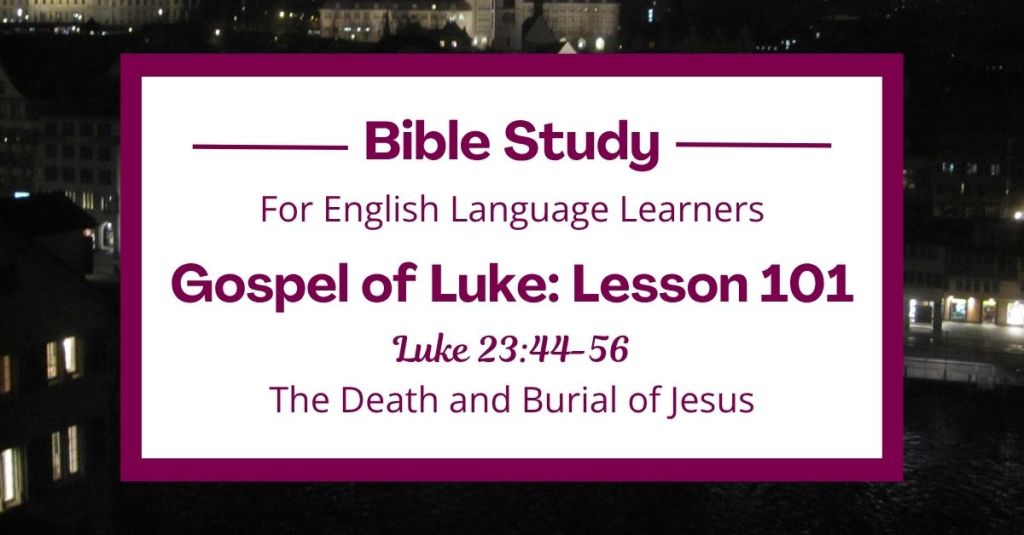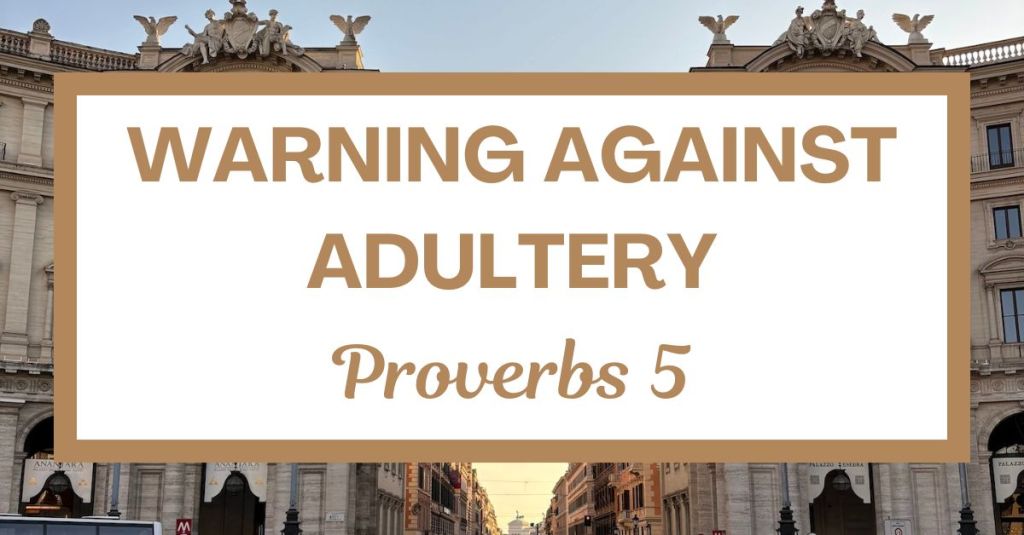In week 48 of our journey to read the Bible in a year, we will finish the book of Deuteronomy and read a few of the Psalms. As we wrap up Deuteronomy, Moses’s final messages emphasize the importance of faithfulness and covenant renewal before entering the Promised Land. Meanwhile, the Psalms offer a range of emotions and expressions of faith, offering diverse themes and prompting profound reflections.
Deuteronomy 28-34
In Deuteronomy 28-34, Moses continues to deliver a series of powerful messages to the Israelites as they stand on the brink of entering the Promised Land. Chapter 28 outlines more blessings for obedience and curses for disobedience to God’s commands. Moses vividly portrays the consequences of faithfulness or straying from the covenant, emphasizing the critical choice facing Israel as they prepare to inherit the land promised to their ancestors.
Continuing his discourse, Moses implores the Israelites to renew their commitment to the covenant in Chapter 29. He warns of the severe repercussions of forsaking God’s commands but also offers a path to restoration through repentance. These chapters blend prophecy, blessings, and farewell, encapsulating Moses’ final exhortations to the people he has guided through the wilderness for forty years.
Furthermore, Moses ensures the seamless transition of leadership by appointing Joshua as his successor. The narrative unfolds with the Song of Moses in Chapter 32, providing a reflective commentary on Israel’s history, God’s faithfulness, and the consequences of disobedience. Chapters 33 and 34 conclude with Moses blessing each tribe of Israel and ascending Mount Nebo, where he gazes upon the Promised Land before passing away, symbolizing the end of his leadership and the beginning of a new era under Joshua’s guidance.
Reflection Questions
After reading Deuteronomy 28-34, consider the following reflection questions:
- Reflecting on the blessings and curses outlined in Chapter 28, how does this passage challenge your understanding of the consequences of obedience and disobedience in your own life?
- In Chapter 29, Moses emphasizes the importance of renewing the covenant with God. How can you apply the principles of renewal and repentance in your spiritual journey?
- The Song of Moses in Chapter 32 provides a reflective commentary on Israel’s history and God’s faithfulness. How does this song inspire you to reflect on your own journey of faith and God’s faithfulness in your life?
- Moses’ appointment of Joshua as his successor in Chapter 31 signifies the continuity of leadership for the Israelites. How can you ensure a smooth transition of leadership and stewardship in your own community or organization?
- As Moses blesses each tribe of Israel in Chapters 33 and 34, he imparts prophetic insights upon them. How does this act of blessing prompt you to reflect on the power of blessing and encouragement in your interactions with others?
Psalms 107-137
The fifth book of Psalms, encompassing Psalms 107 to 150, is a rich collection of poetry and songs that cover a diverse range of themes and emotions. Like the other books of Psalms, it serves as a spiritual and emotional guide for believers, providing prayers, praises, laments, and expressions of trust in God. Within this book, readers encounter profound reflections on the character of God, the experiences of his people, and the enduring hope found in his promises. From songs of deliverance to cries for justice, the fifth book of Psalms invites readers to engage deeply with the realities of human life and the divine presence that sustains it.
This week, we will read Psalms 107-137, which are within the fifth book of Psalms and present a variety of experiences and expressions of faith. Notable among these is Psalm 119, the longest book of the Bible and a remarkable acrostic poem, each section focusing on the beauty and importance of God’s word. Additionally, Psalm 110 is celebrated for its Messianic prophecy, describing the exaltation of a king who would also serve as a priest forever, a passage frequently interpreted as referring to Jesus. Beyond individual Psalms, this section of the book emphasizes the themes of deliverance, praise, and trust in God’s faithfulness amidst trials and tribulations.
Psalms 120 to 134 are known as the “Songs of Ascents” or “Pilgrim Songs,” believed to have been sung by worshipers as they journeyed to Jerusalem for festivals. These Psalms reflect a range of emotions and experiences encountered along the pilgrimage, including prayers for deliverance from enemies (Psalm 120), expressions of trust in God’s protection (Psalm 121), and a call for unity among God’s people (Psalm 133). They capture the essence of the spiritual journey—encountering trials, seeking God’s guidance, and ultimately finding strength and unity in worshiping together at the sacred center of Jerusalem.
Reflection Questions
After reading Psalms 107-137, consider the following reflection questions:
- How do the varied experiences and expressions of faith depicted in these Psalms resonate with your own spiritual journey?
- Reflect on the Messianic prophecies found in these Psalms, such as Psalm 110, which describes the exaltation of a king who would serve as a priest forever. How do these prophecies deepen your understanding of Jesus and his role?
- In what ways do the themes of deliverance, praise, and trust in God’s faithfulness speak to your own experiences of struggle, worship, and reliance on God?
- Consider the significance of the “Songs of Ascents” or “Pilgrim Songs” (Psalms 120-134) as expressions of worship during pilgrimage to Jerusalem. How can these Psalms inform and enrich your own journey of faith and worship?
- How do these Psalms inspire you to cultivate a deeper trust in God amidst life’s trials and tribulations? What practical steps can you take to strengthen your faith in his enduring faithfulness?
Flexible Plan: Reading for Week 48
If you are following the flexible plan for reading the Bible in a year, here is your reading assignment. You can break up the reading however you like throughout the week!
- Passage 1: Deuteronomy 28-34
- Passage 2: Psalms 107-137
Printable Resource: Bible in a Year Reading Plan: Weekly Assignments
7-Day Reading Assignment: Week 48
For those who prefer a more organized approach, the weekly assignment can be broken into seven sections:
- Day 1: Deuteronomy 28-30
- Day 2: Deuteronomy 31-34
- Day 3: Psalms 107-111
- Day 4: Psalms 112-118
- Day 5: Psalms 119
- Day 6: Psalms 120-128
- Day 7: Psalms 129-137
Printable Resource: Bible in a Year Reading Plan: Daily Assignments
5-Day Reading Assignment: Week 48
Or if you know that you are likely to miss a day or two of reading, the weekly assignment can be broken into five sections:
- Day 1: Deuteronomy 28-31
- Day 2: Deuteronomy 32-34 & Psalms 107-110
- Day 3: Psalms 111-118, 120-124
- Day 4: Psalms 119
- Day 5: Psalms 125-137
Printable Resource: Bible in a Year Reading Plan: 5 Days/Week Assignments
Subscribe
If you enjoyed this post and wish to receive more Christian content, feel free to subscribe to my newsletters!

Related Resources
Visit the Joyful Moments in Christ homepage for all posts, or scroll through other blog posts related to reading the Bible in a year:
